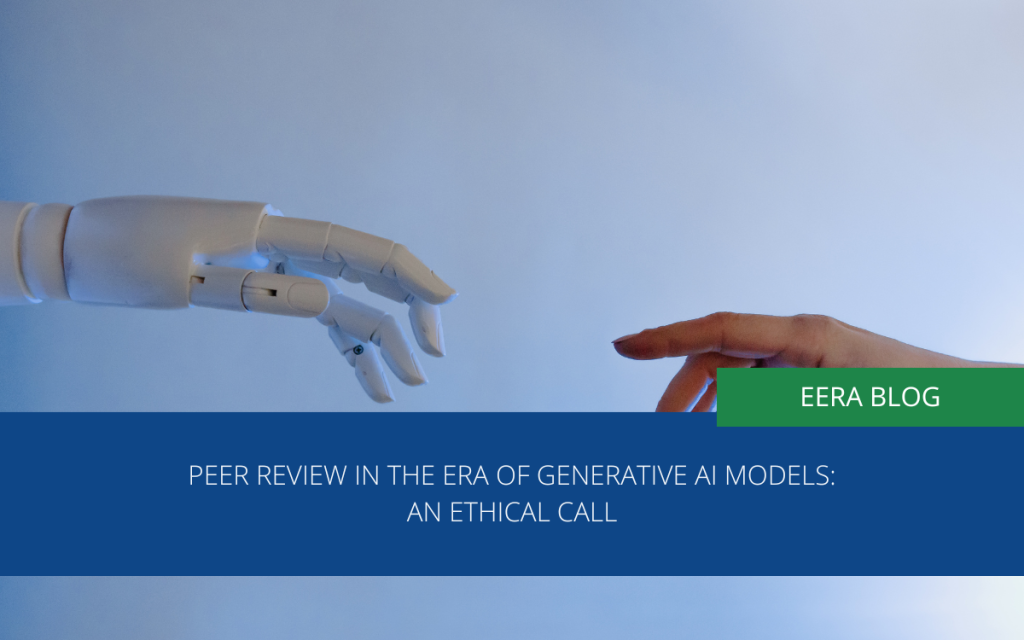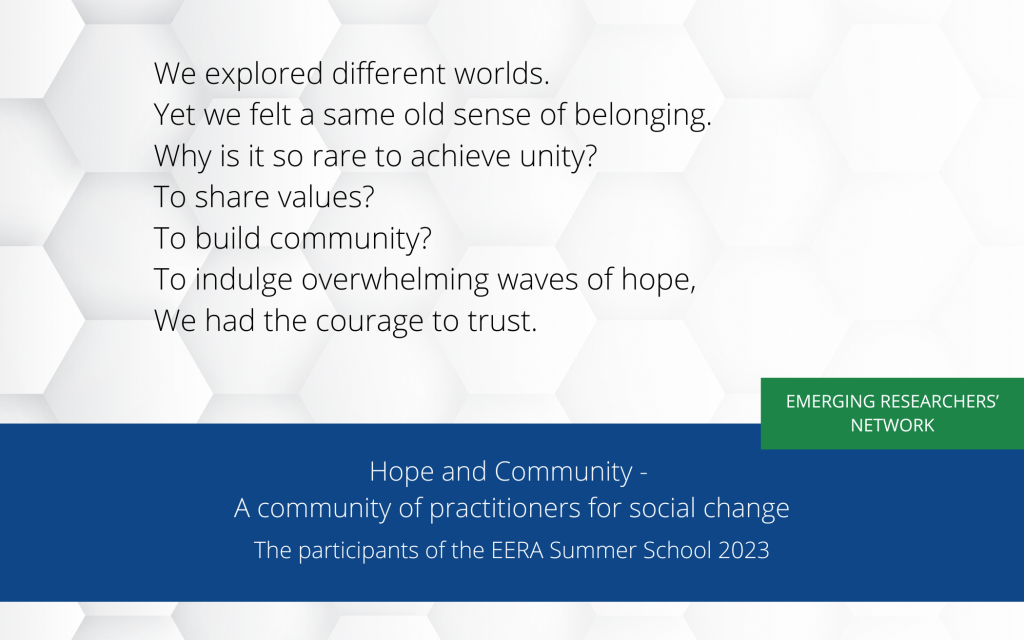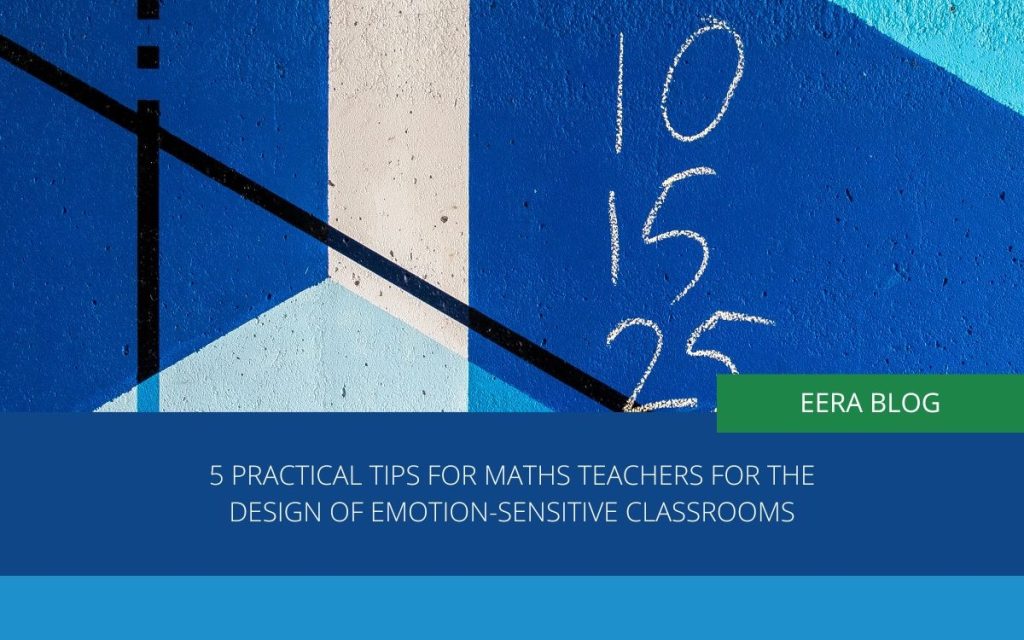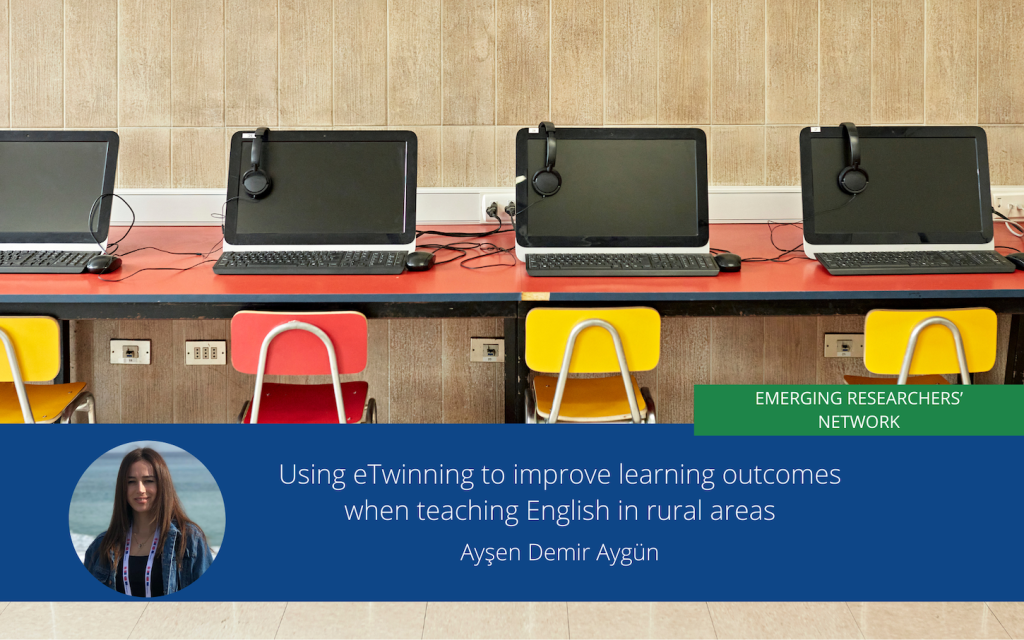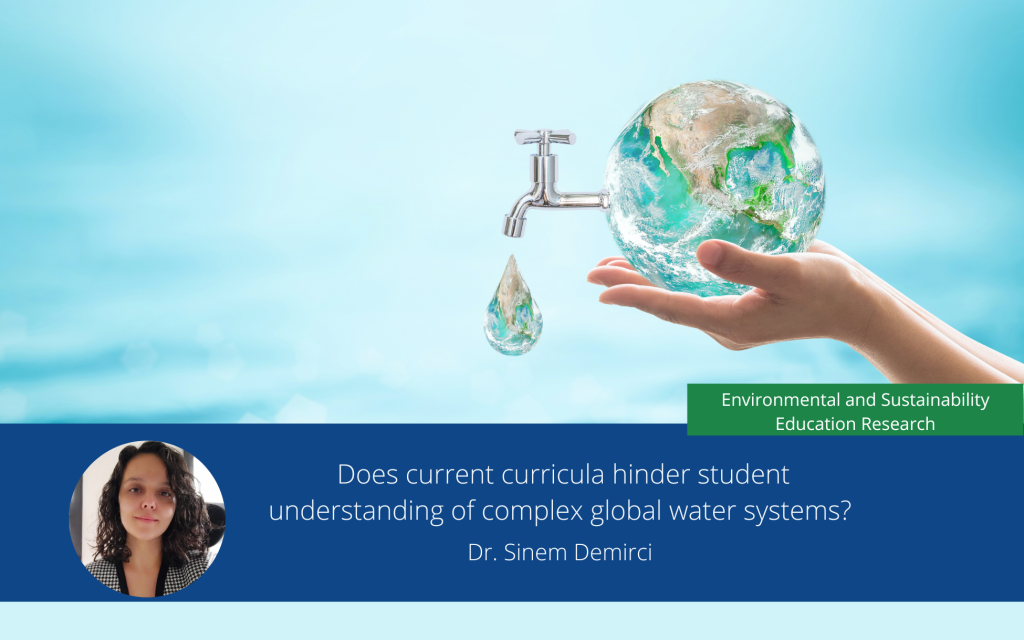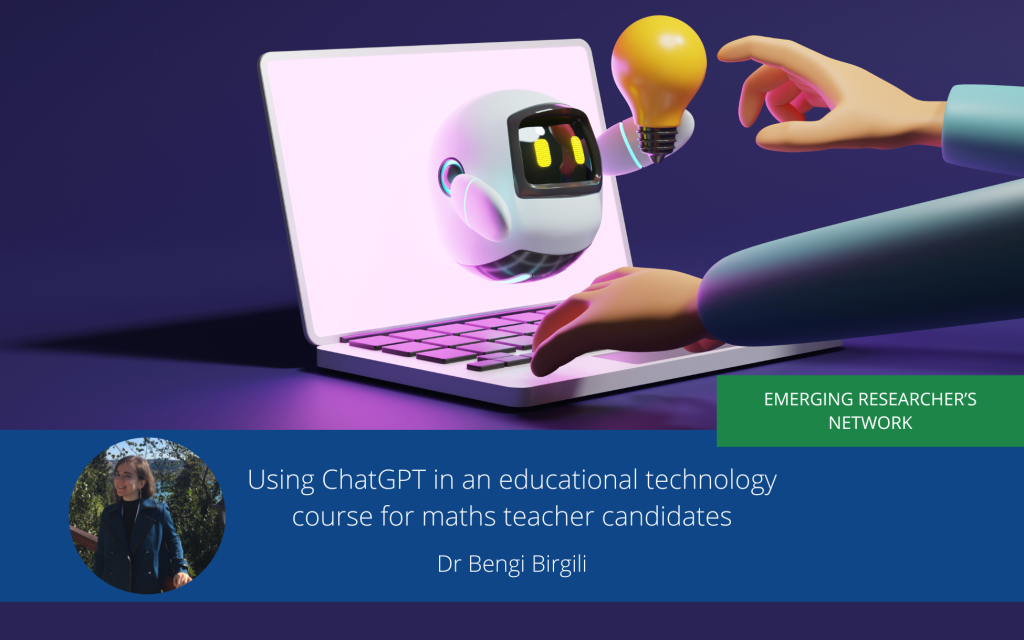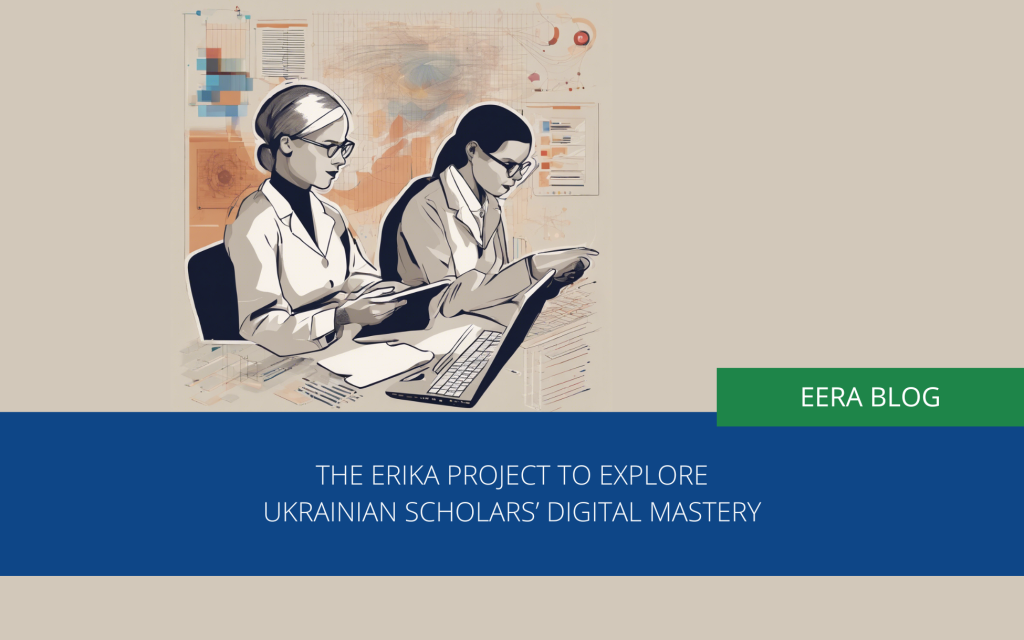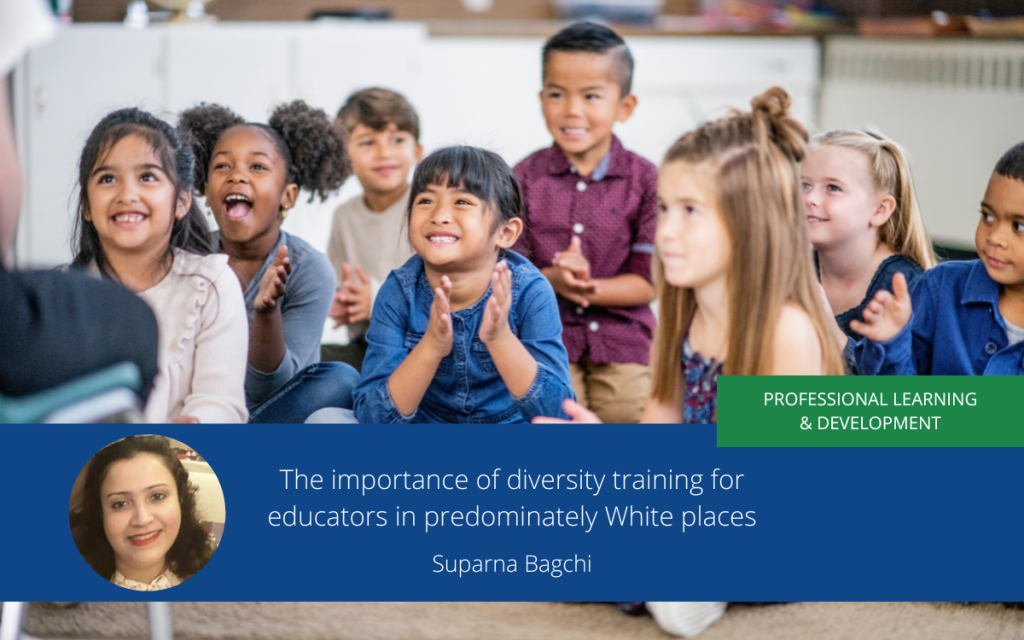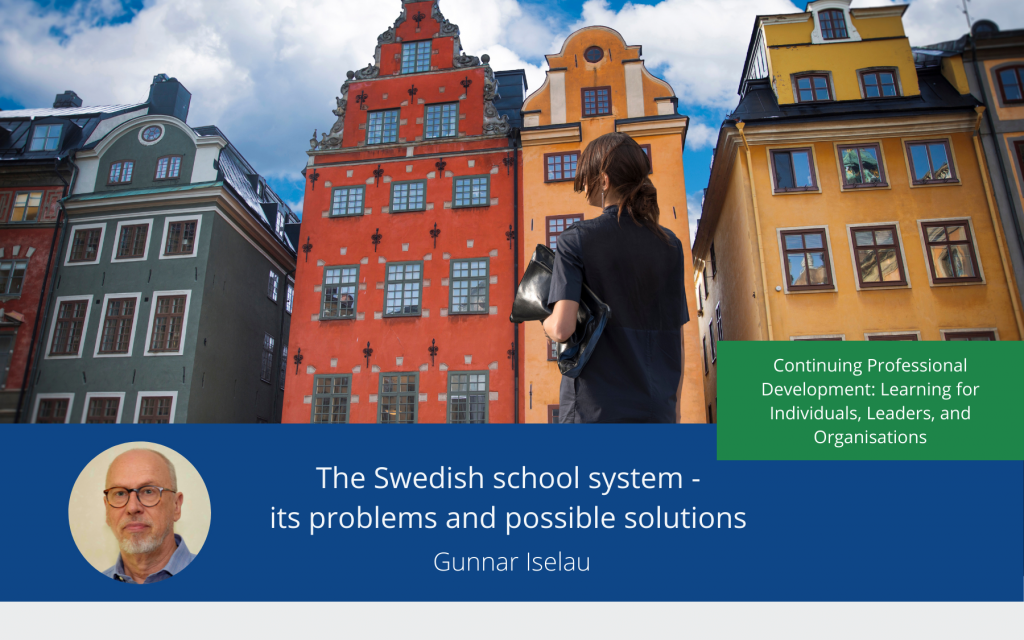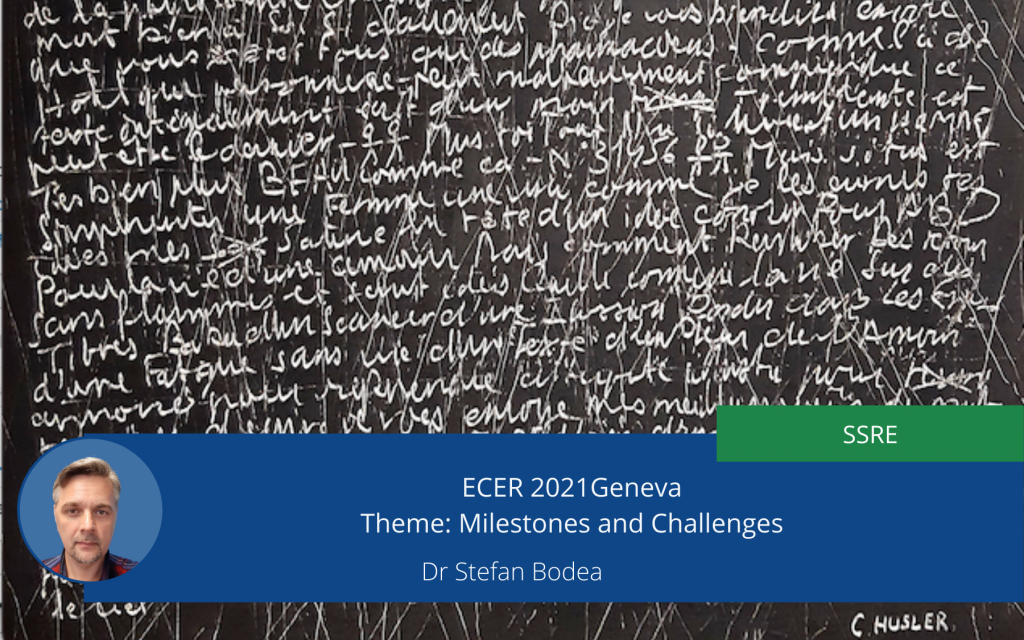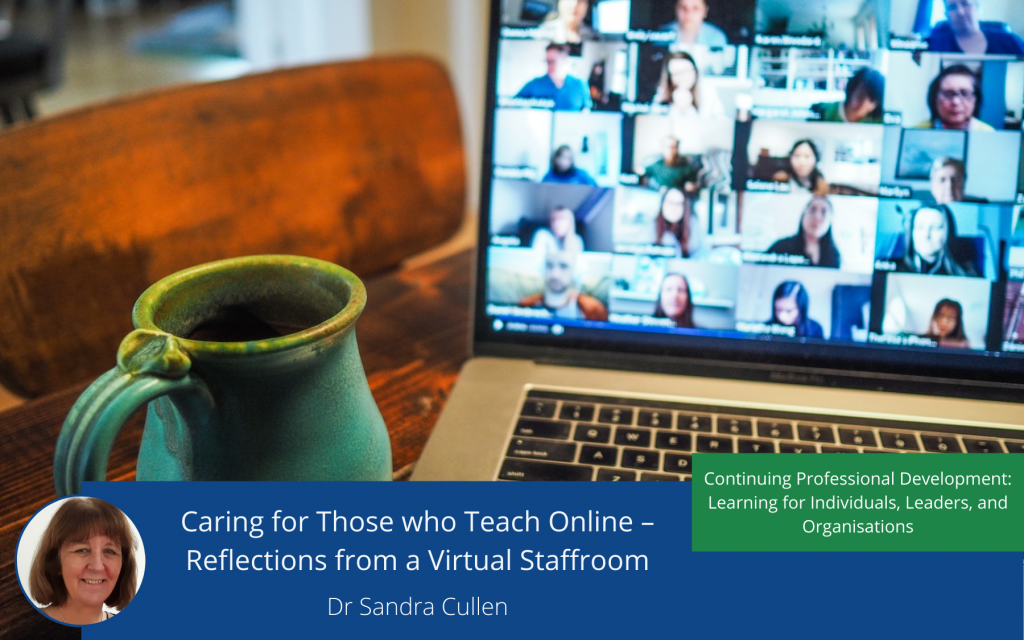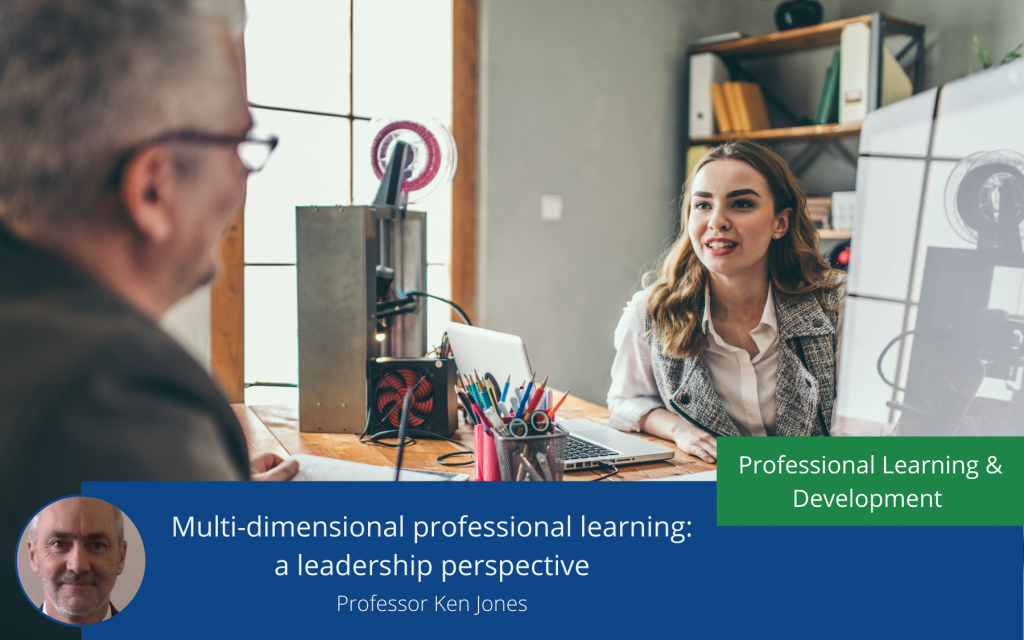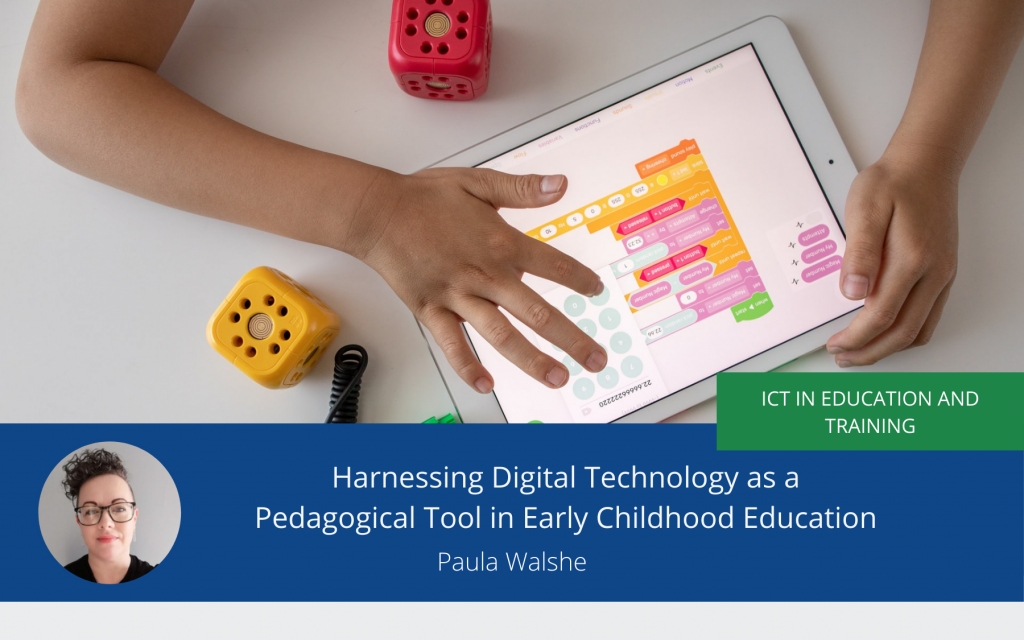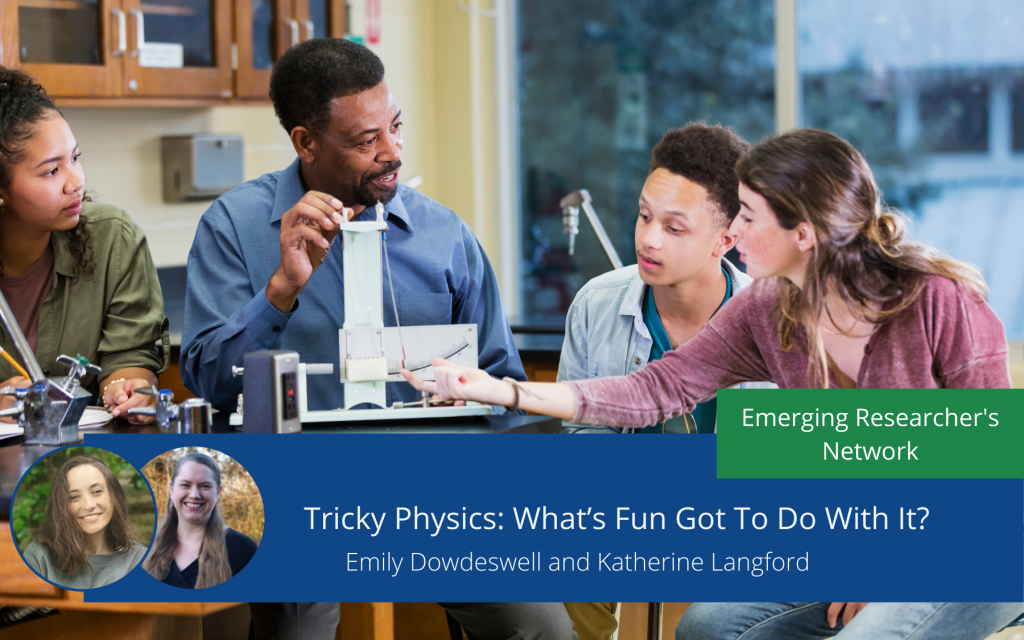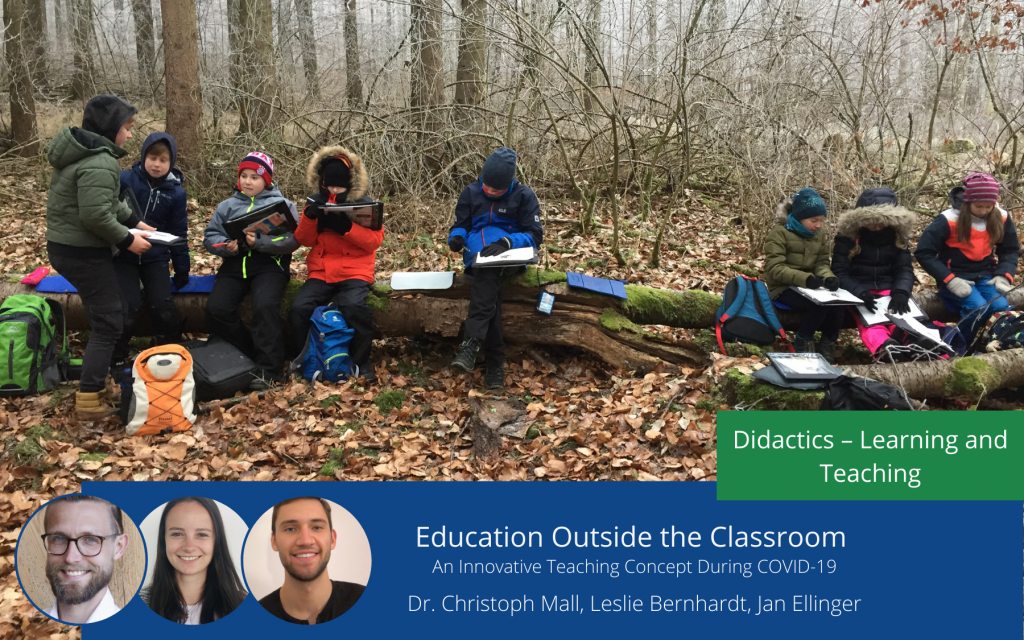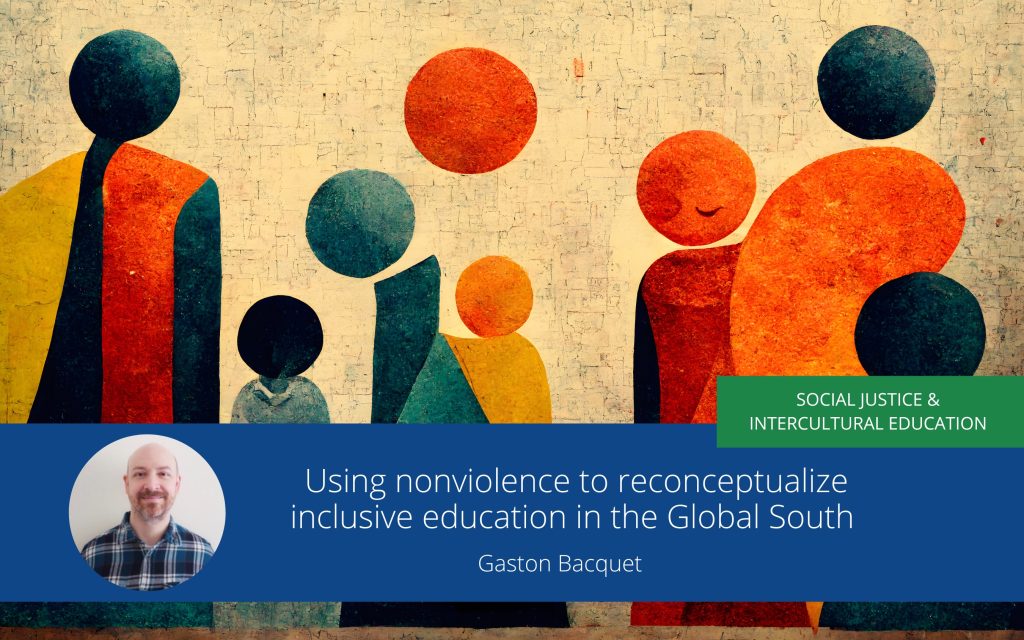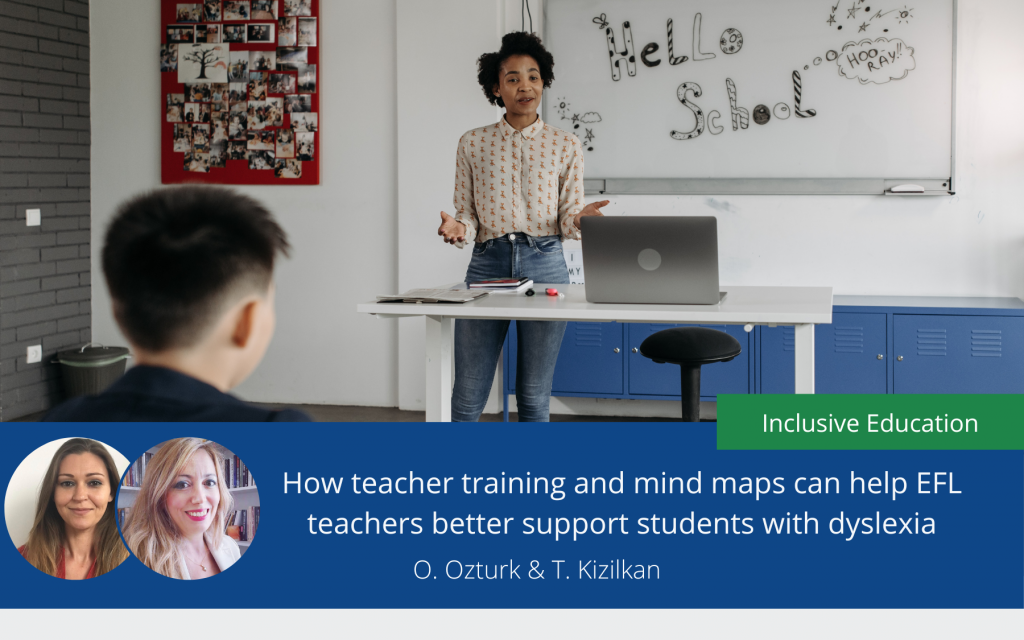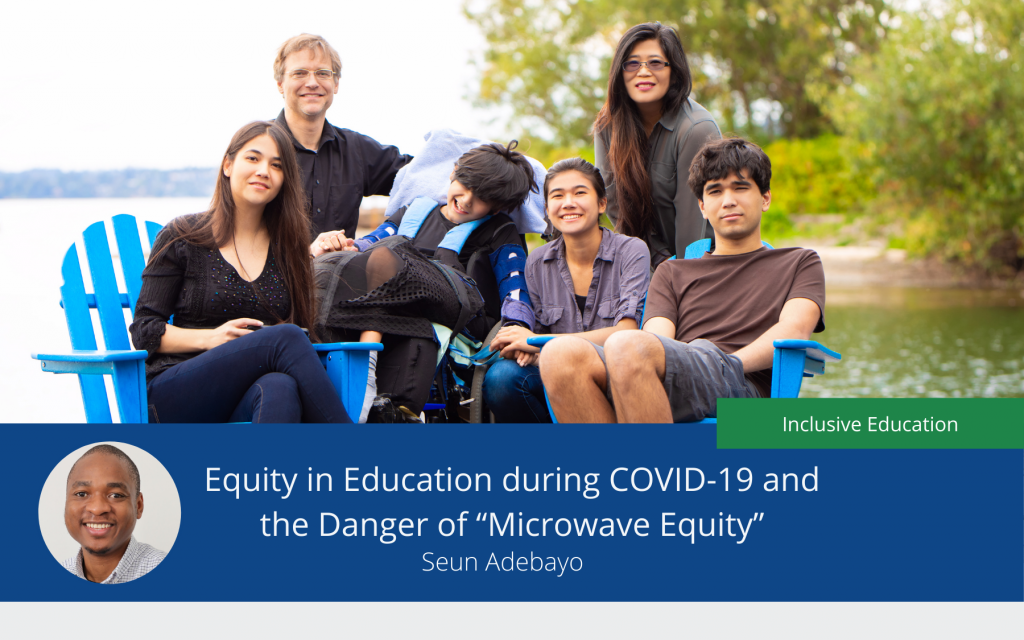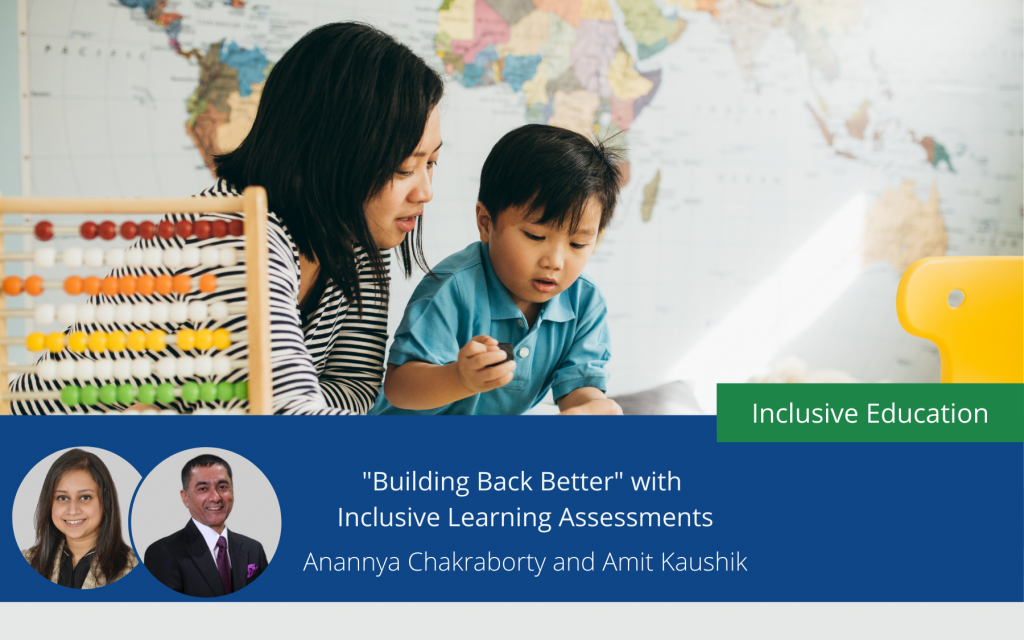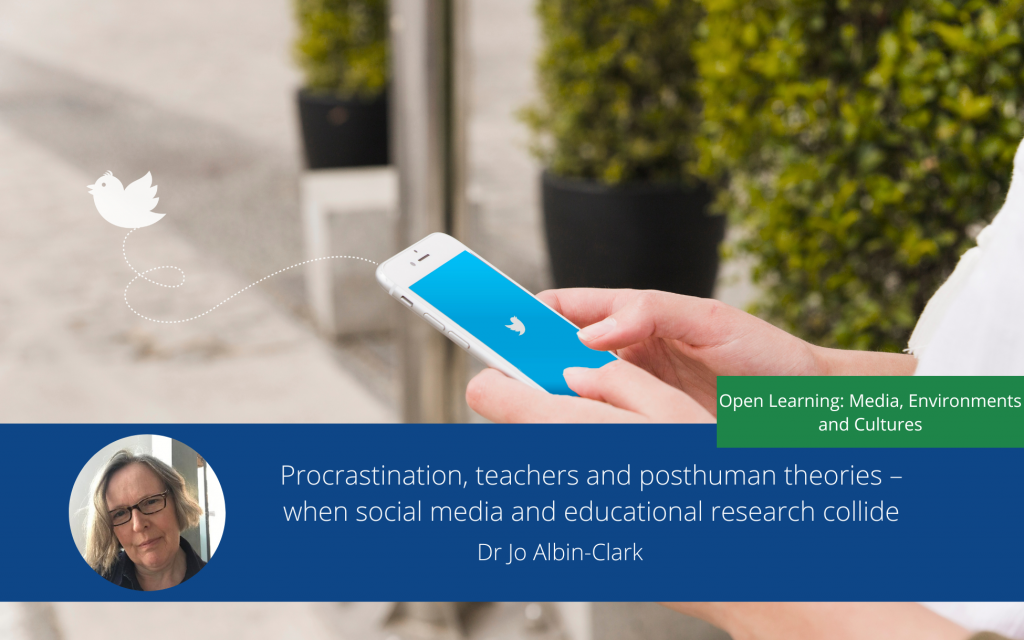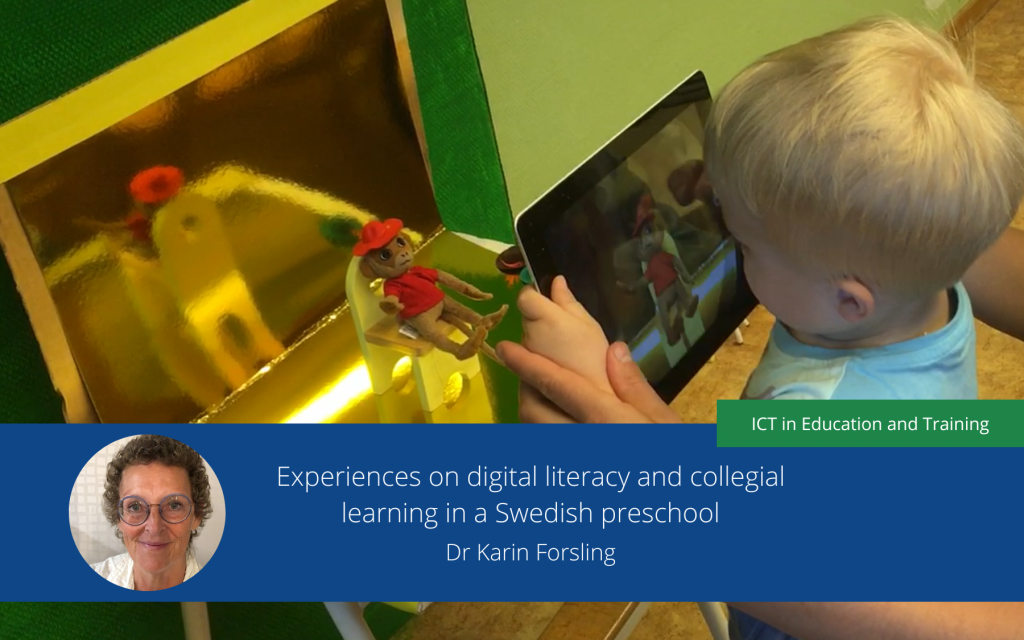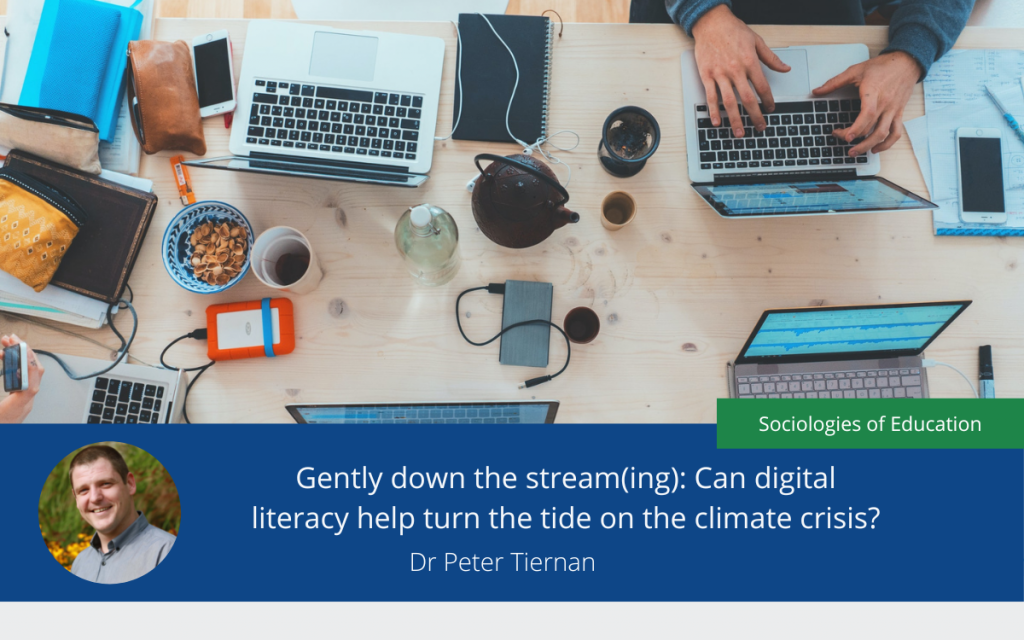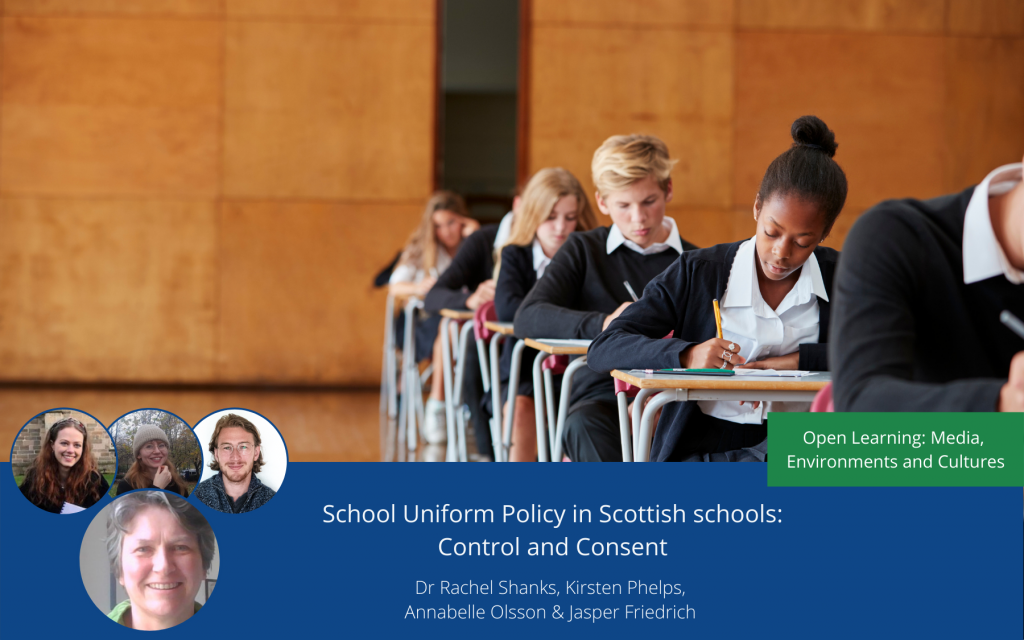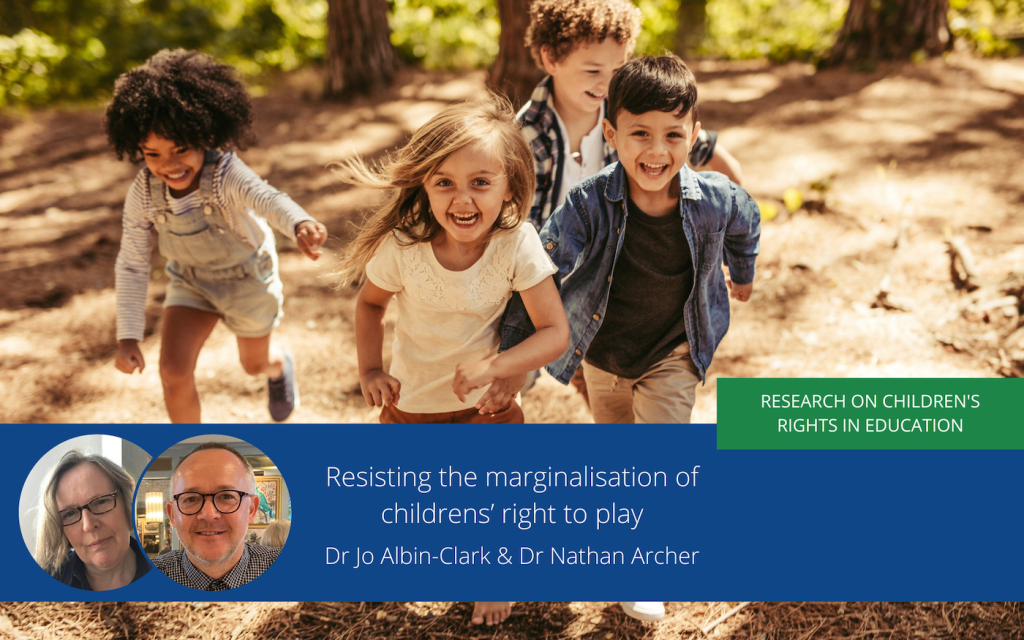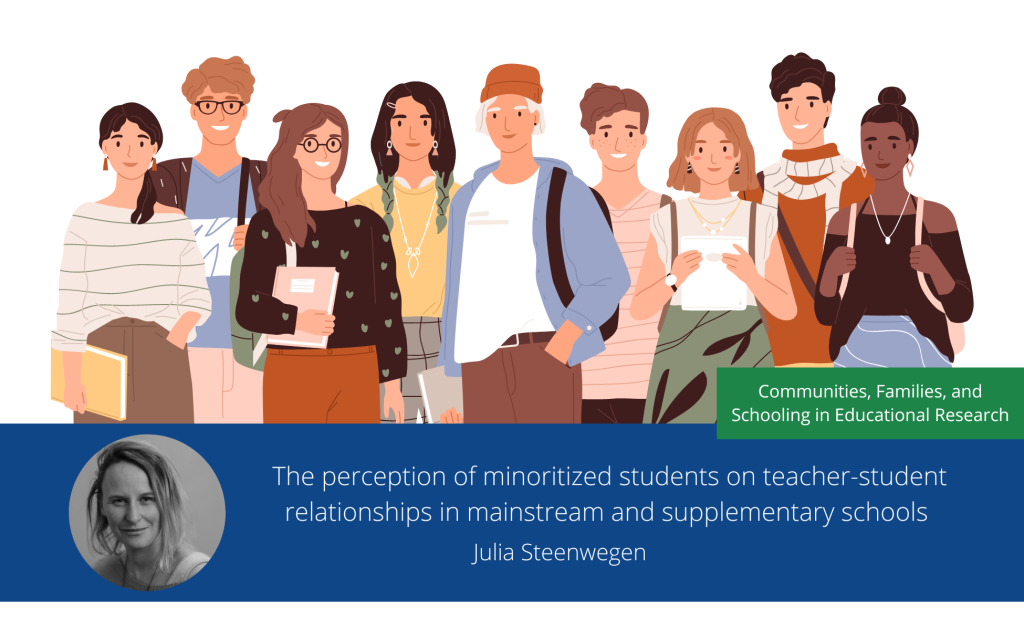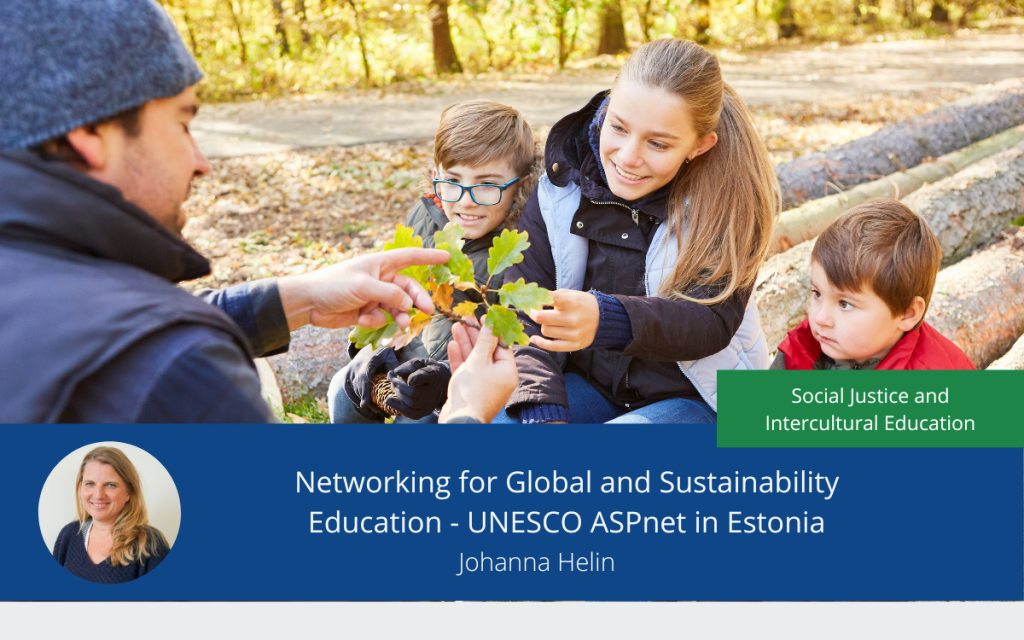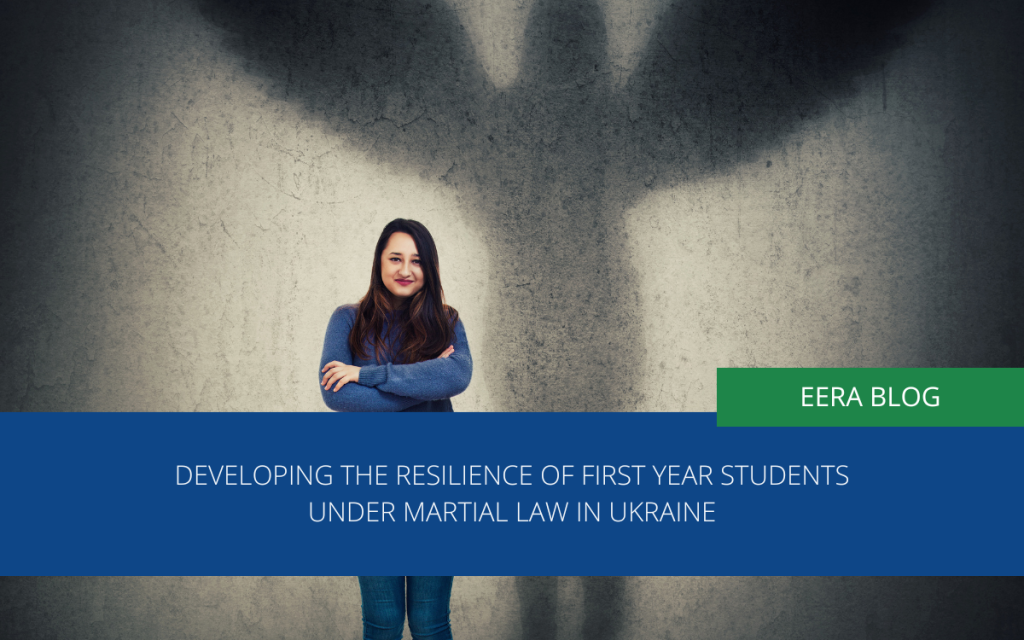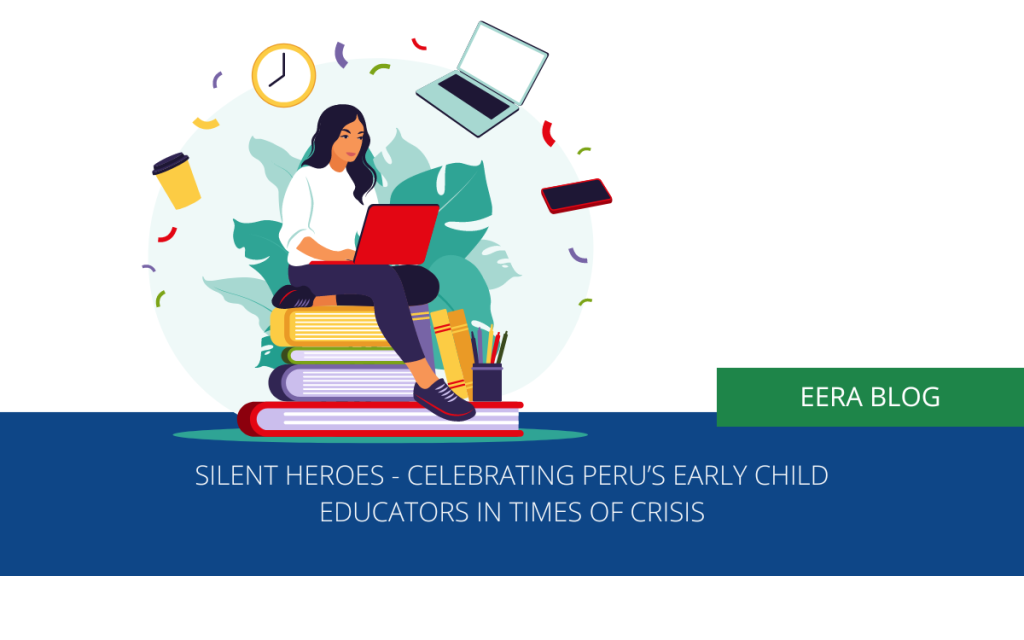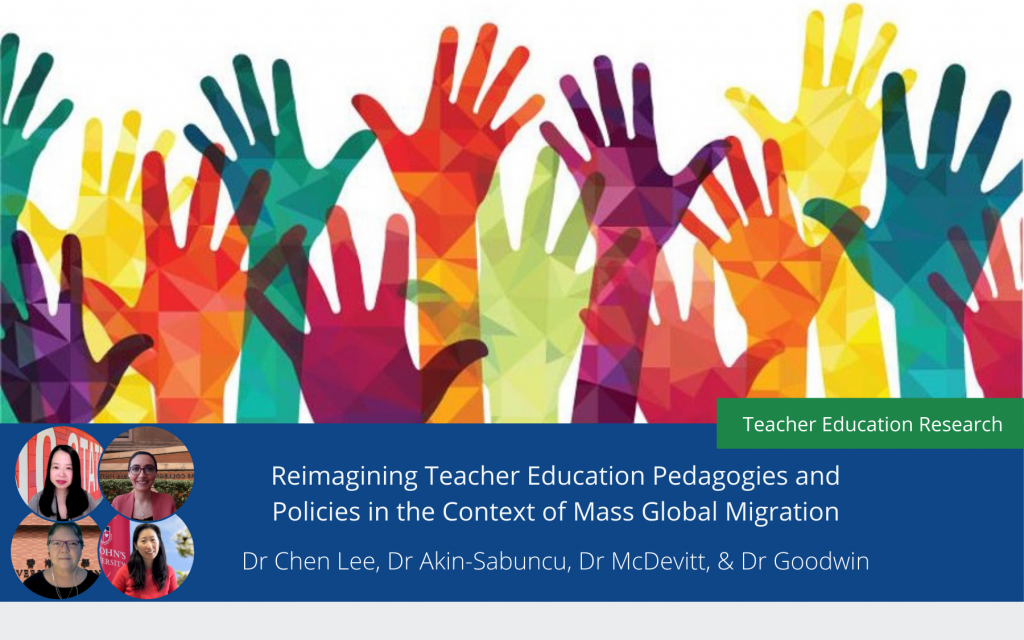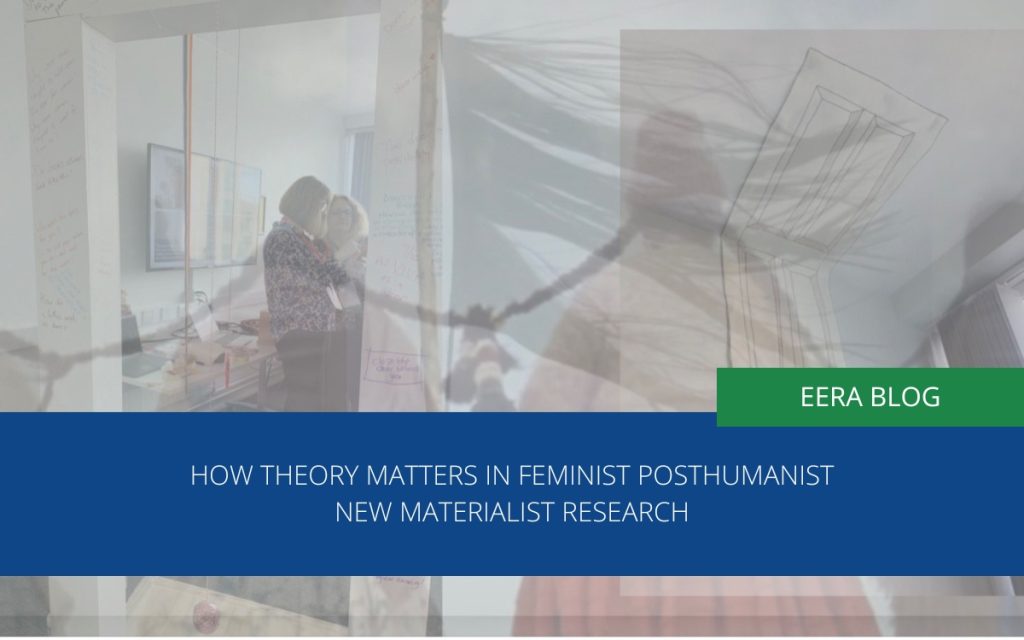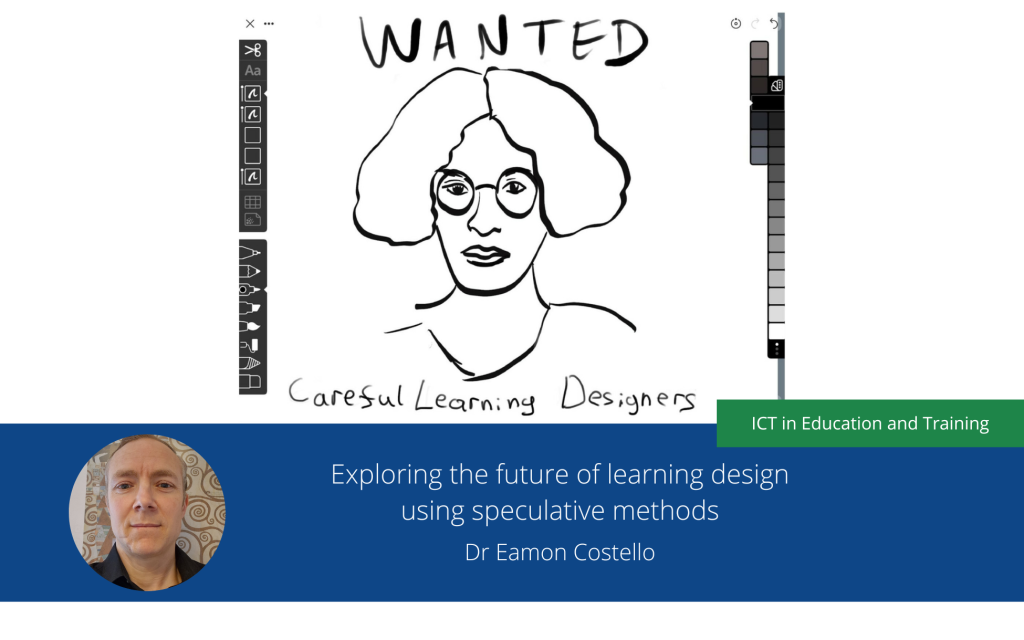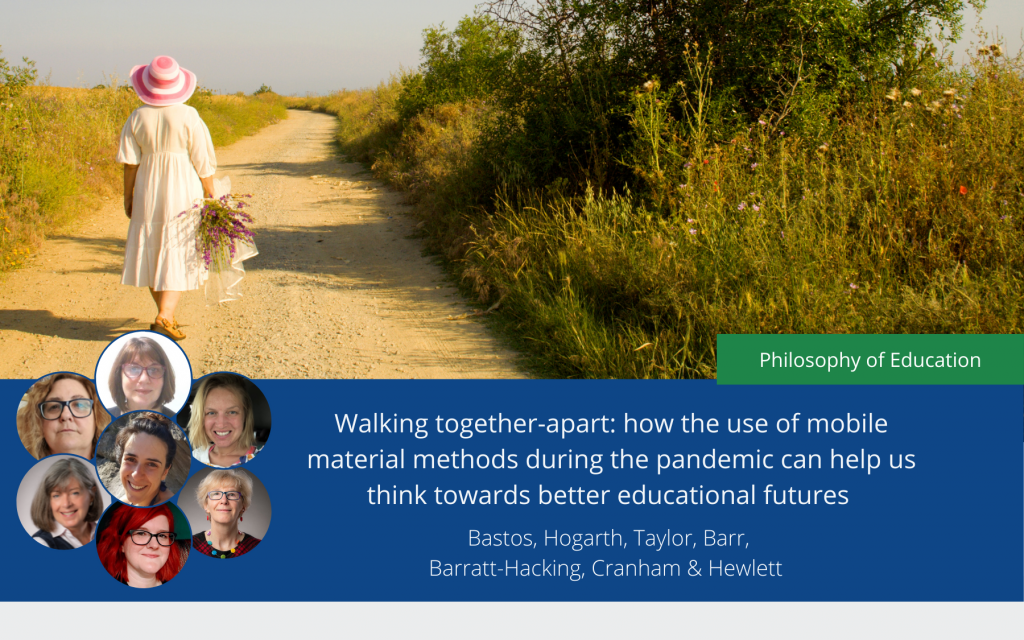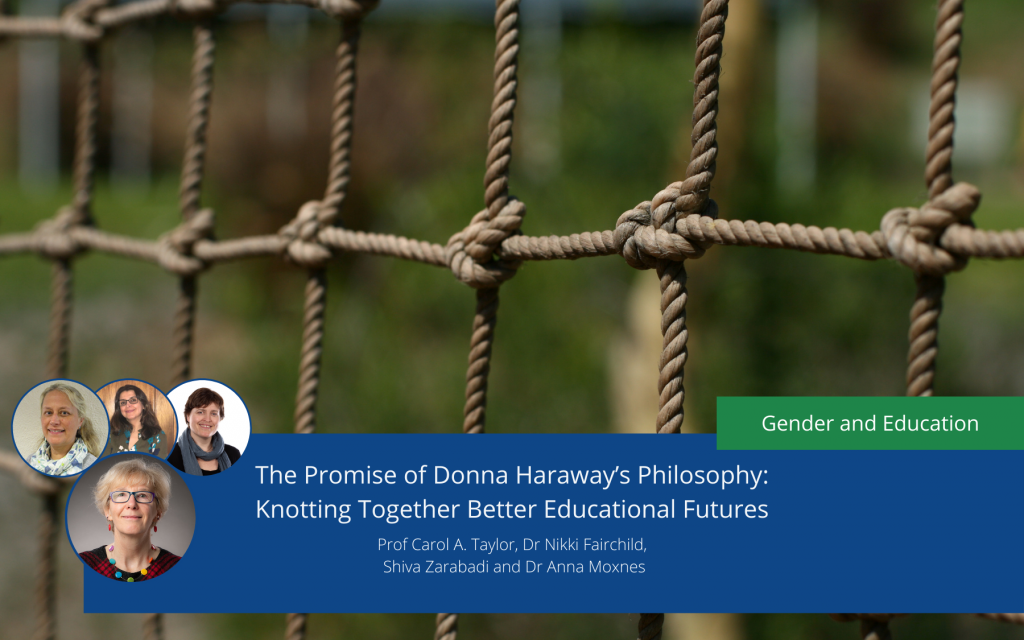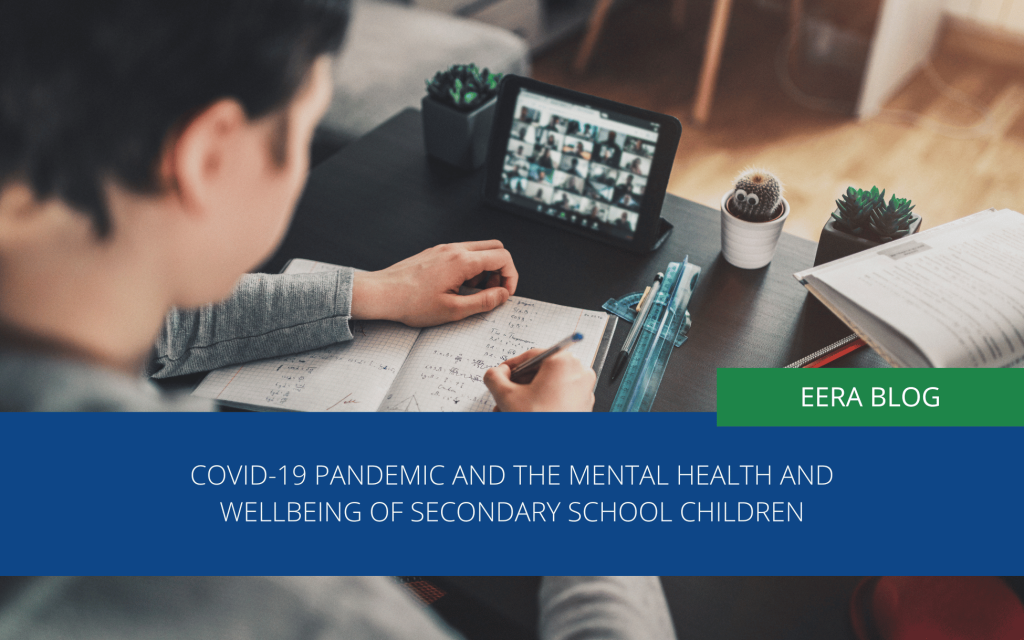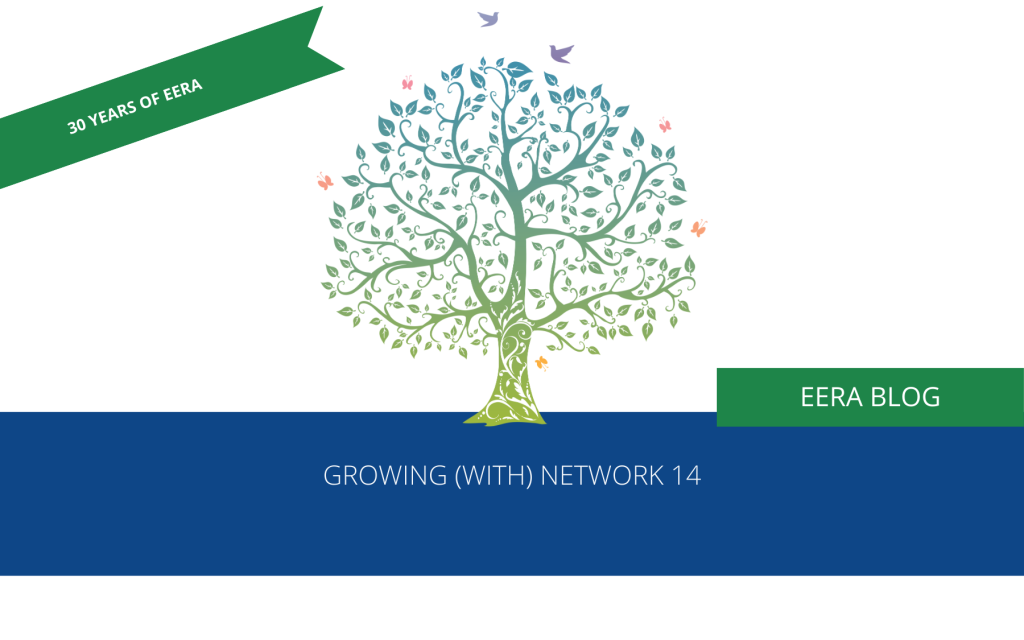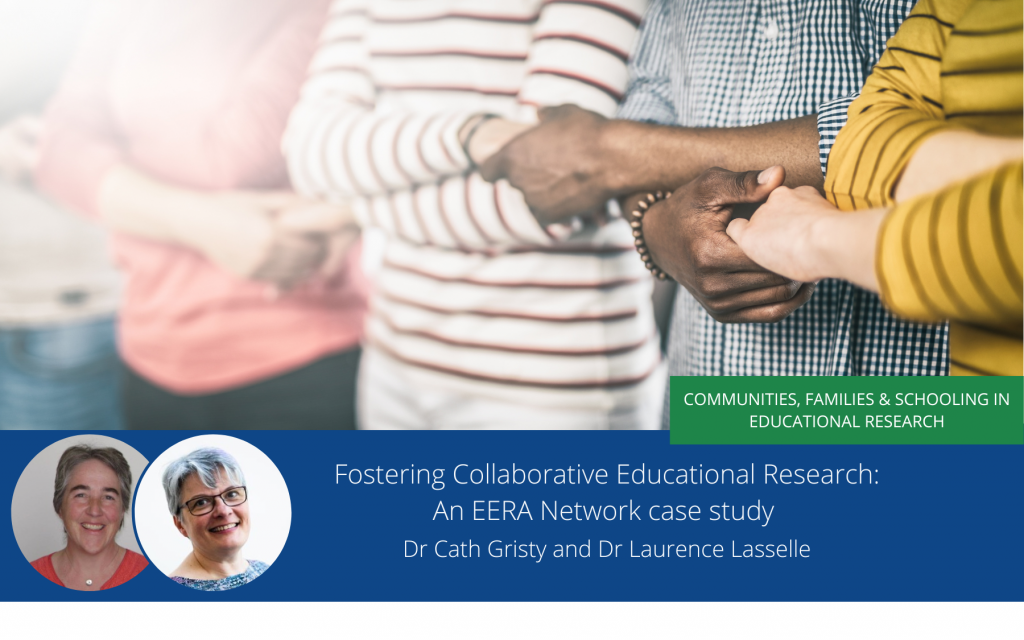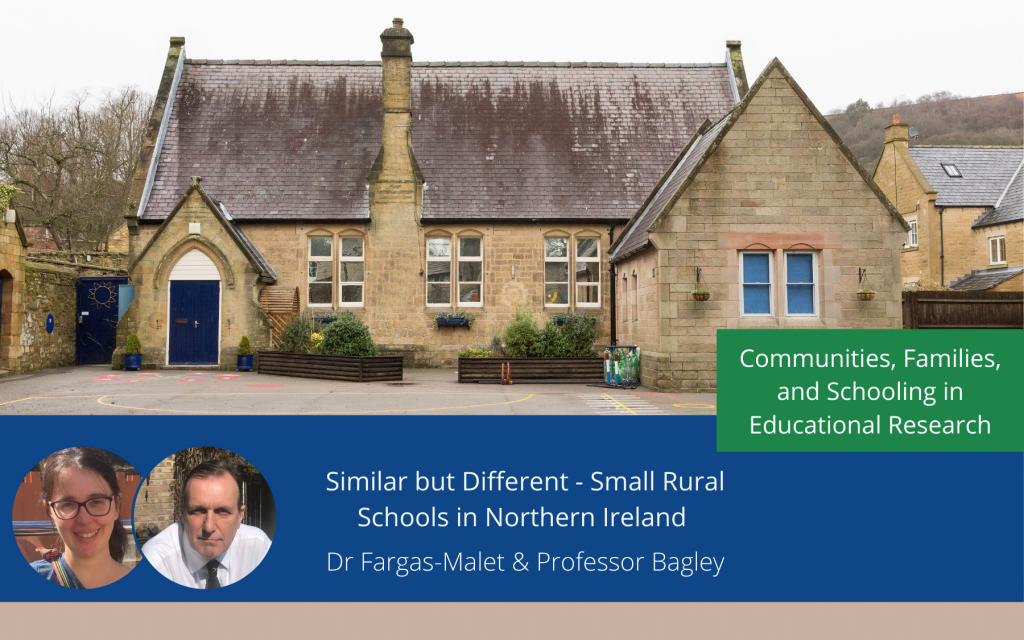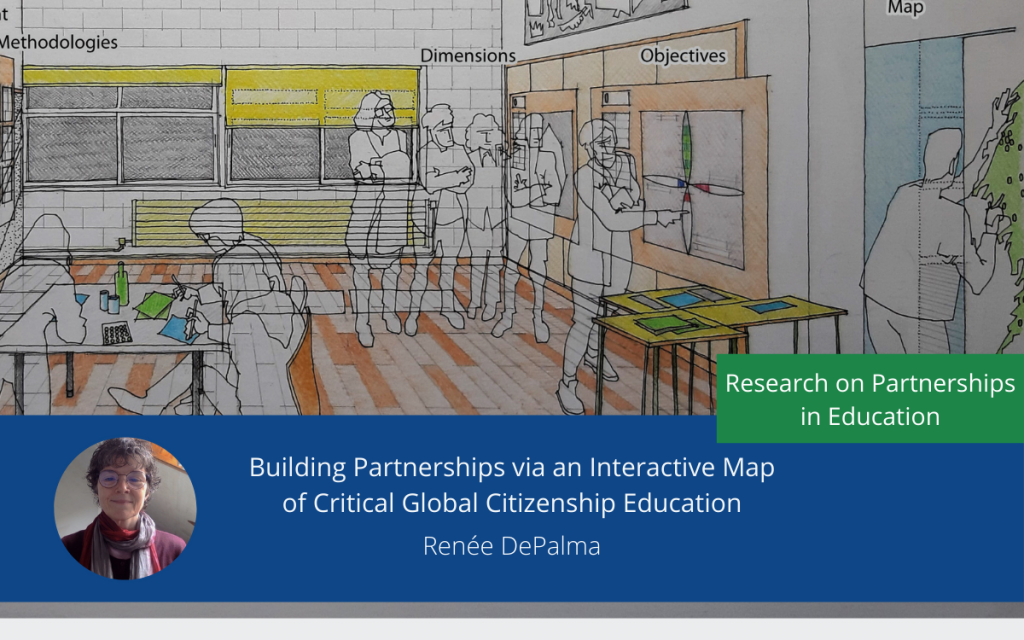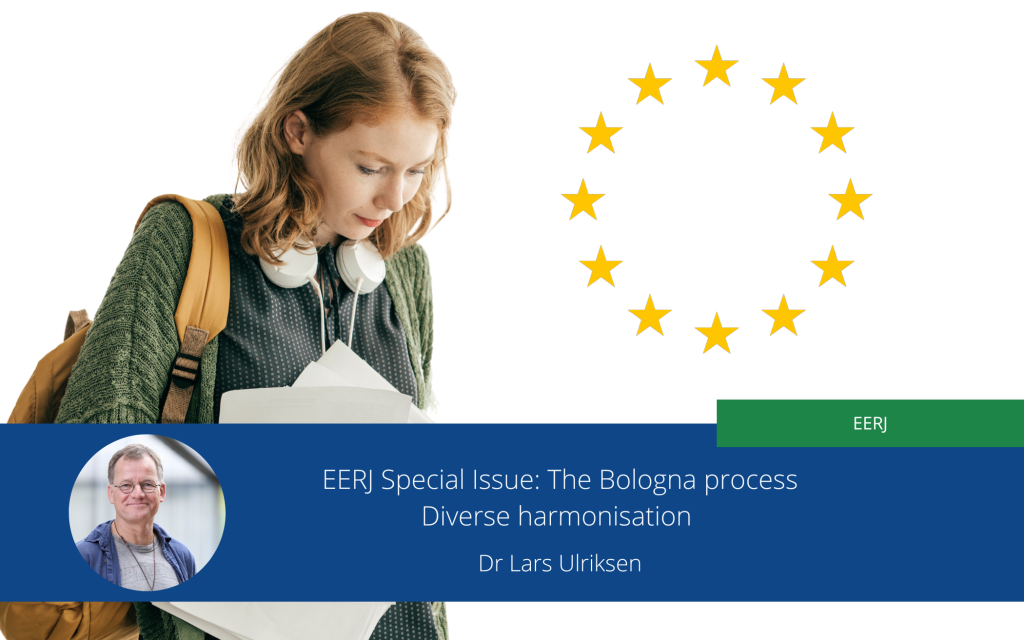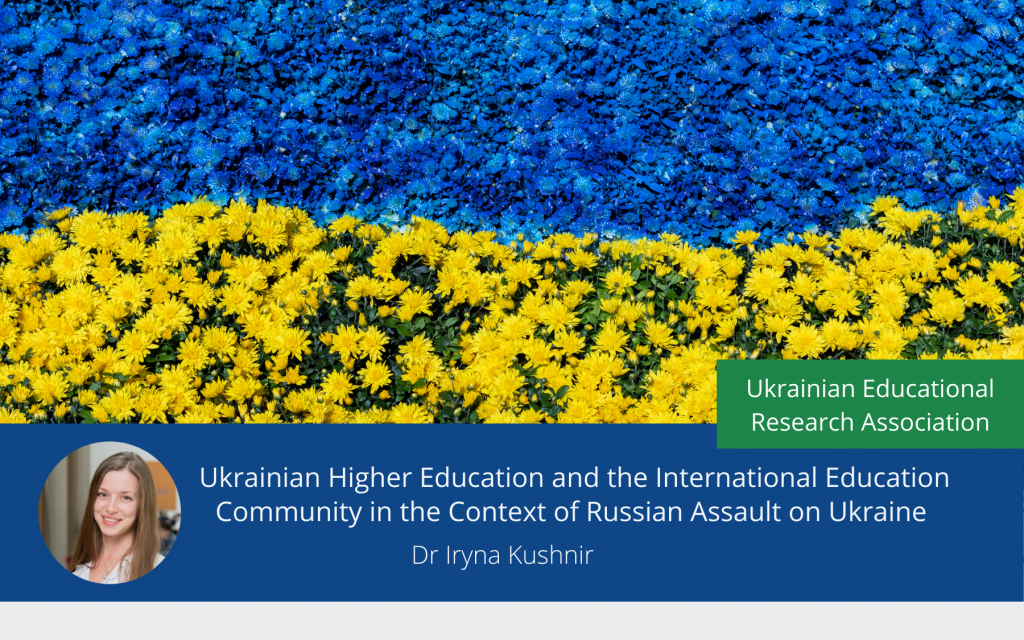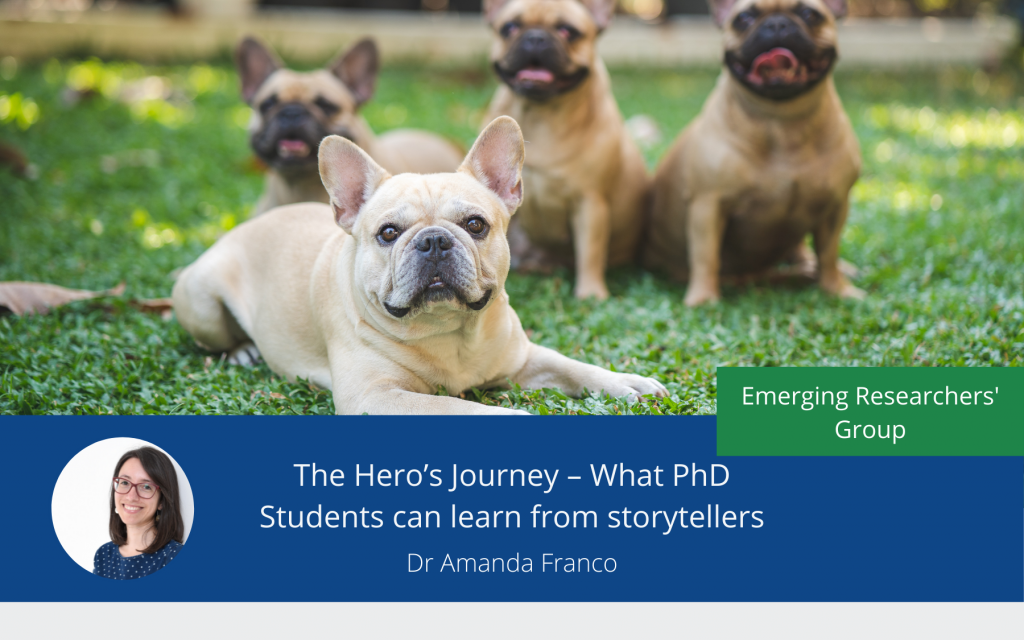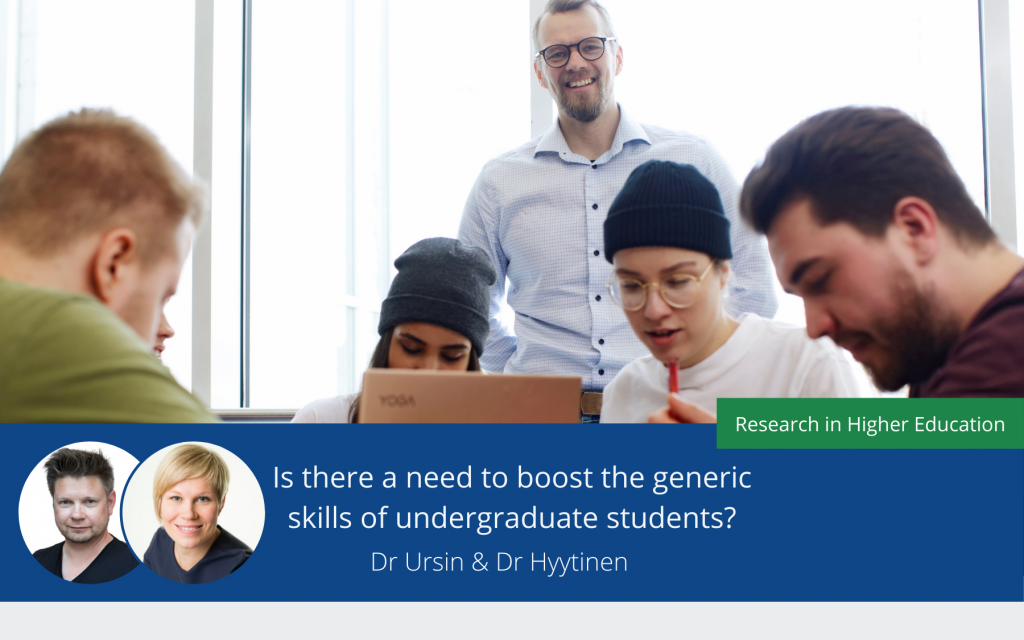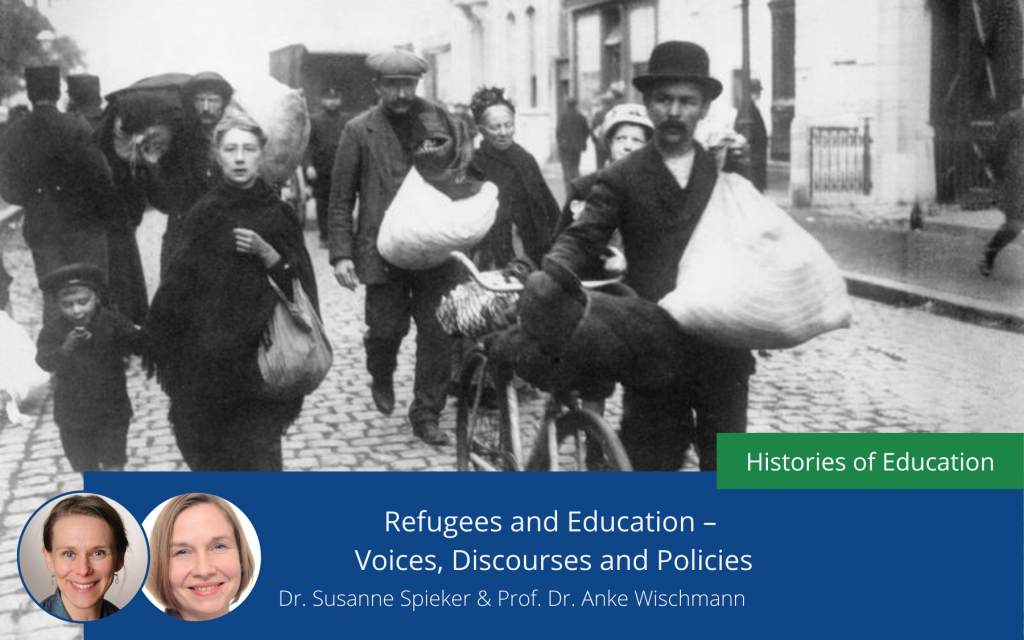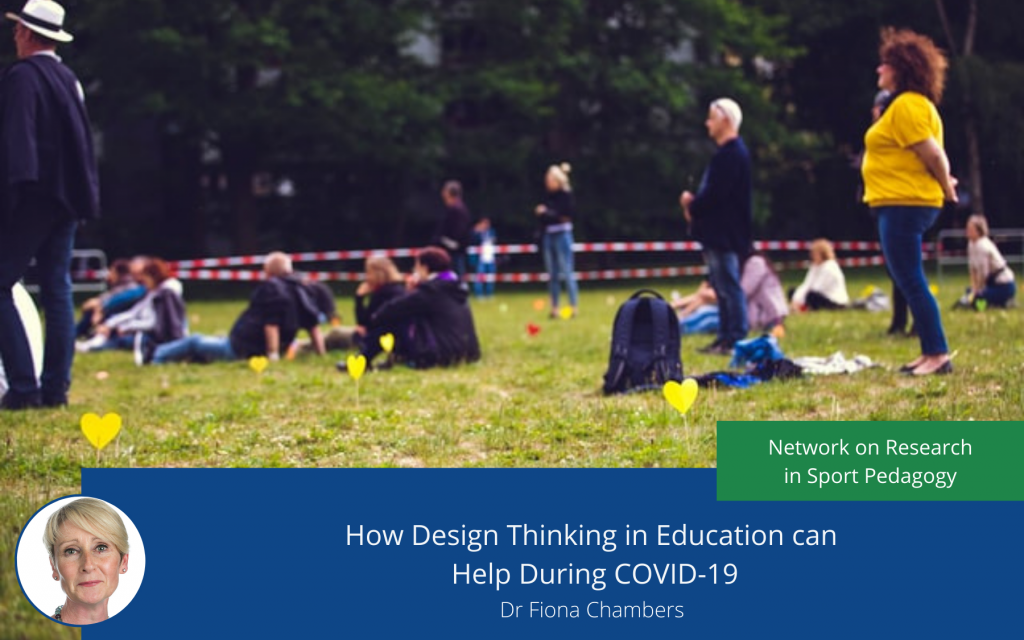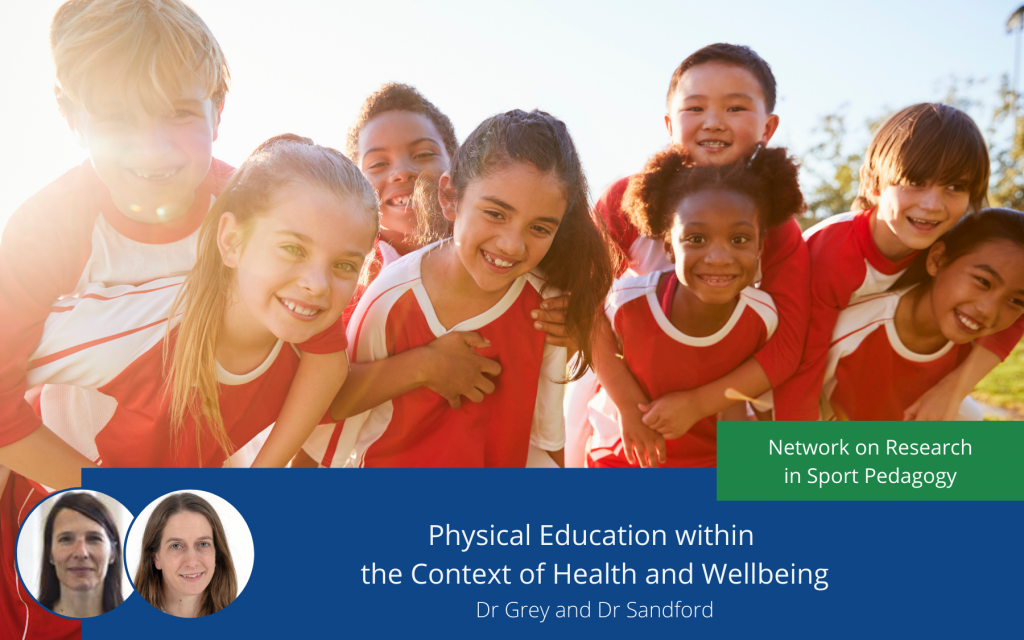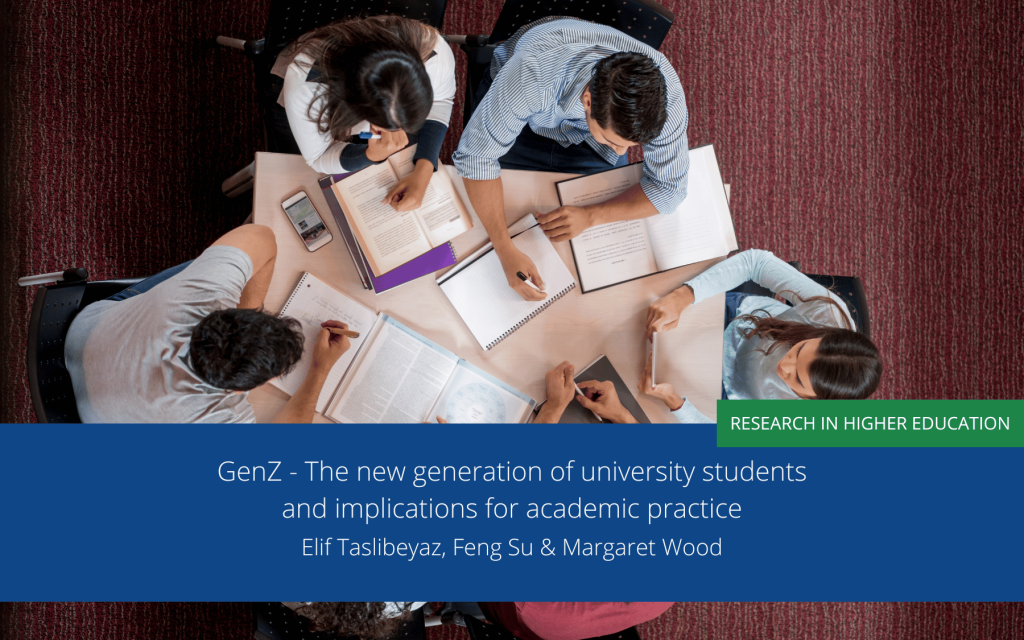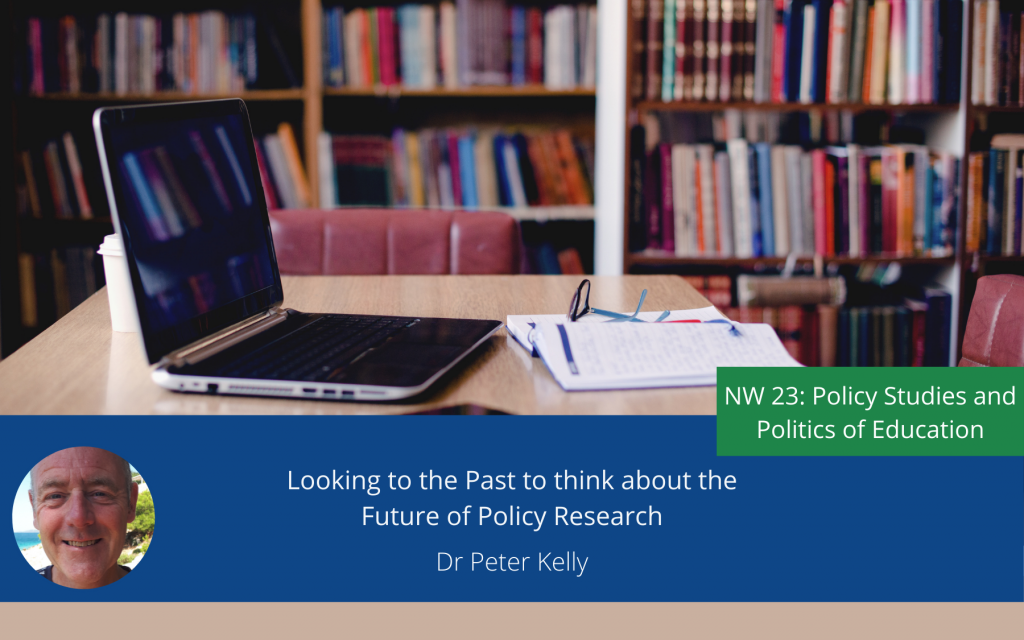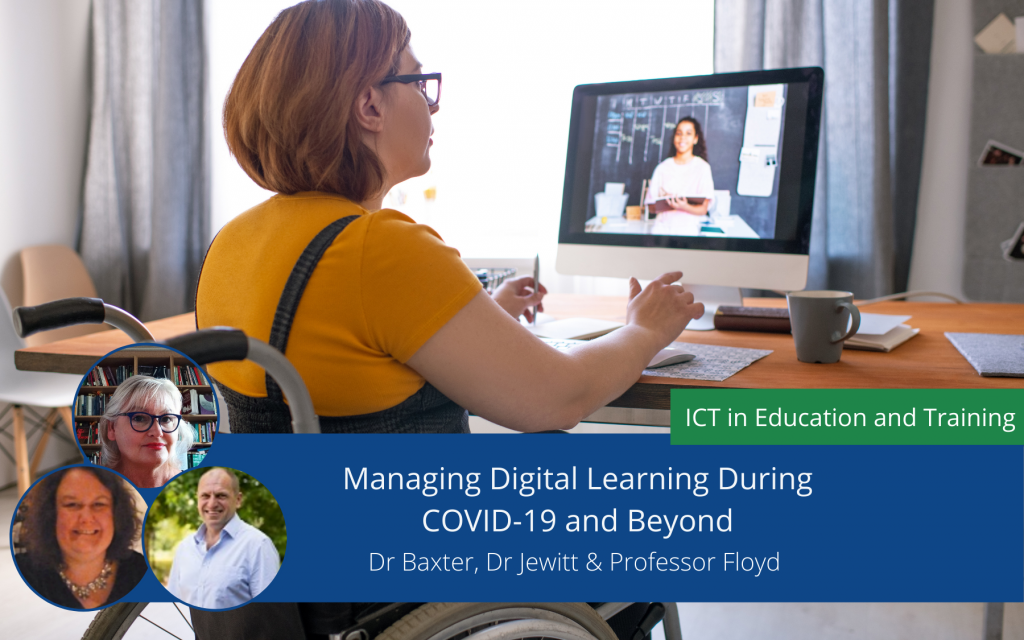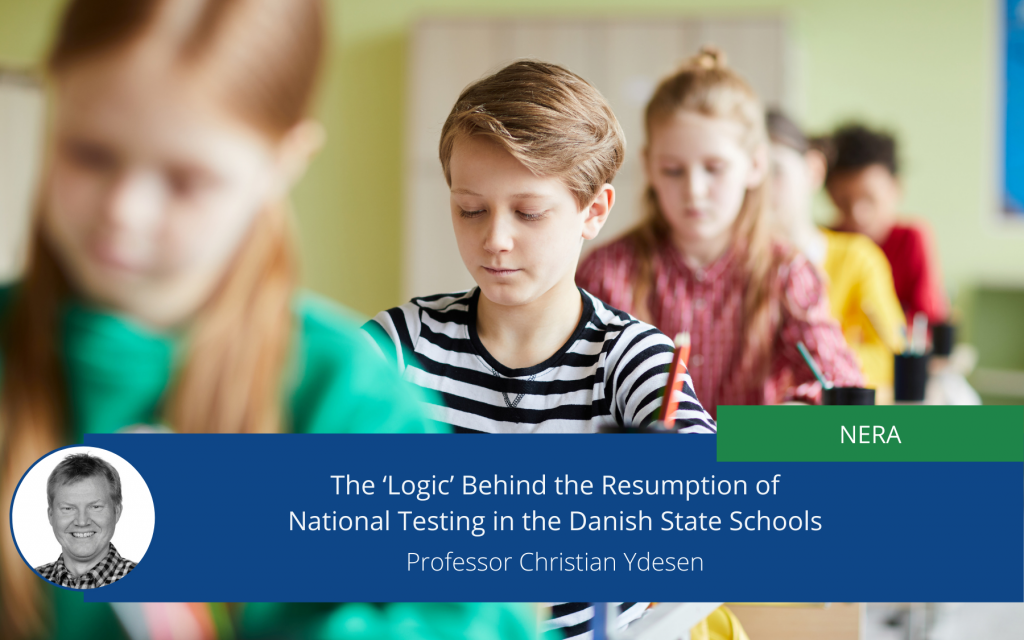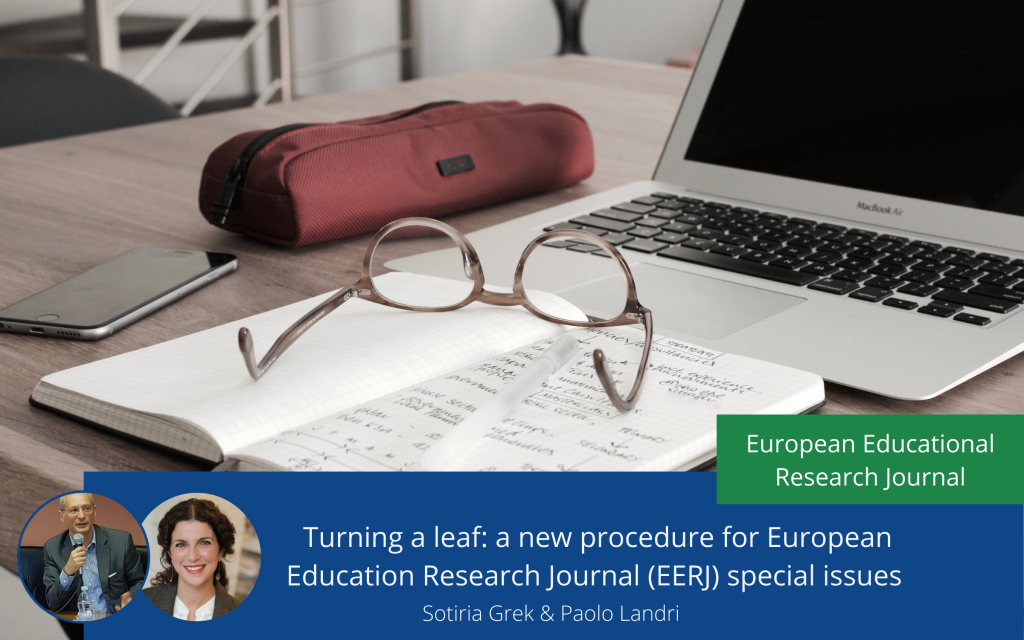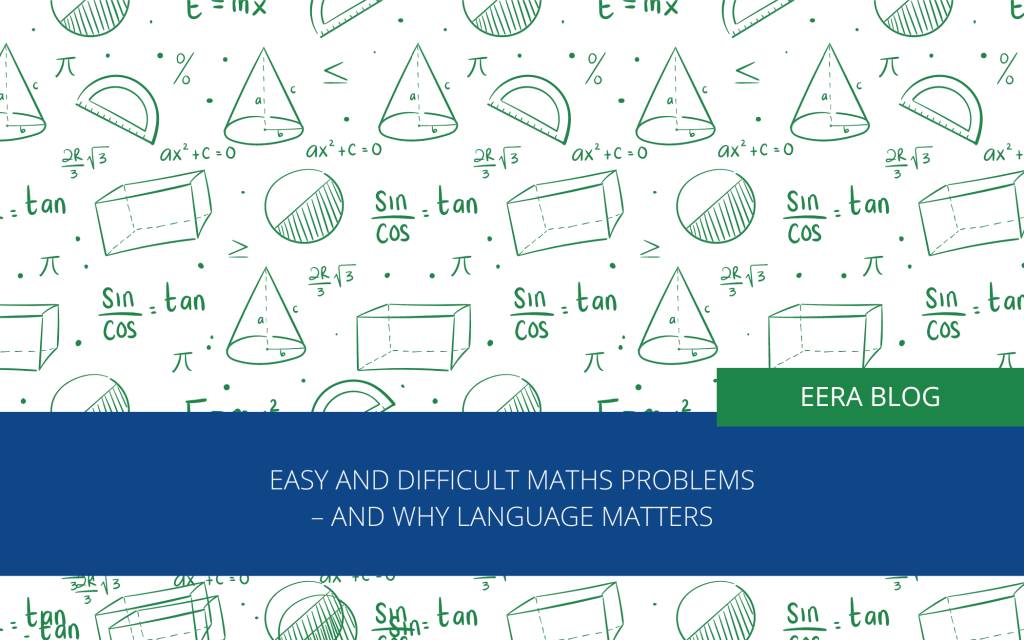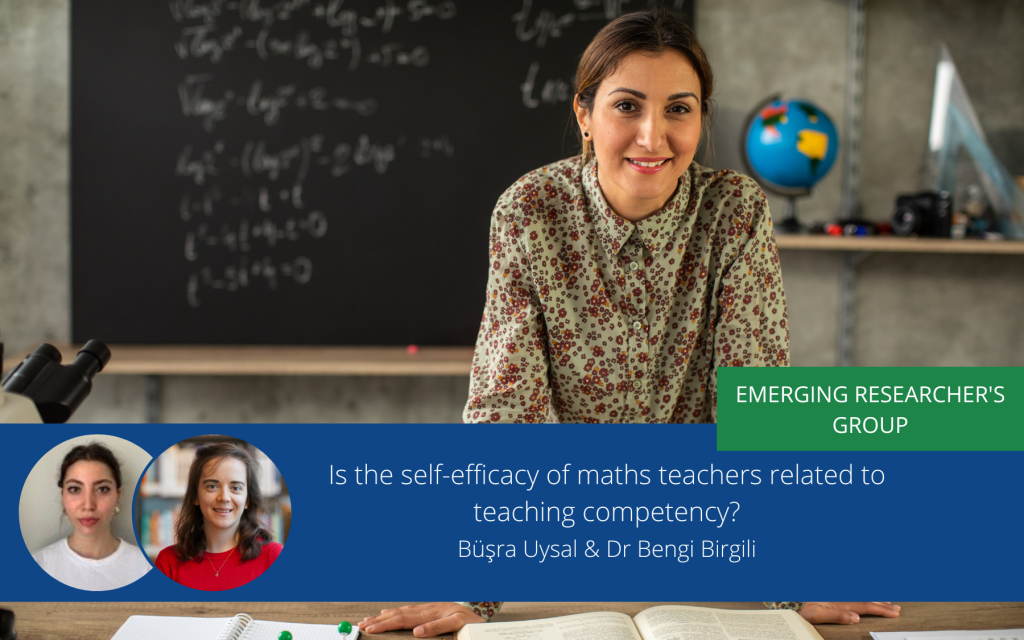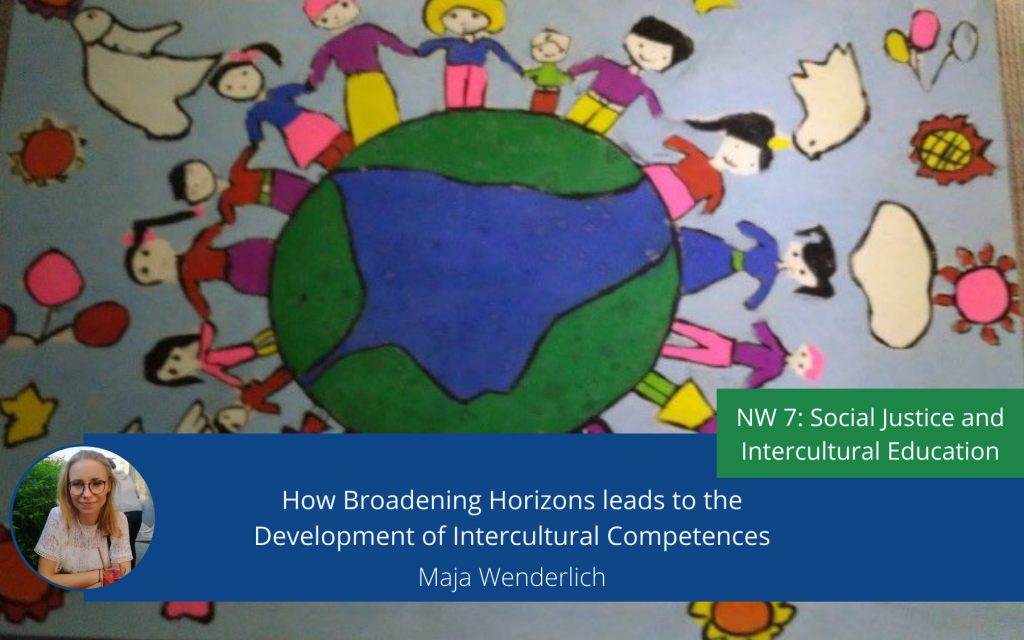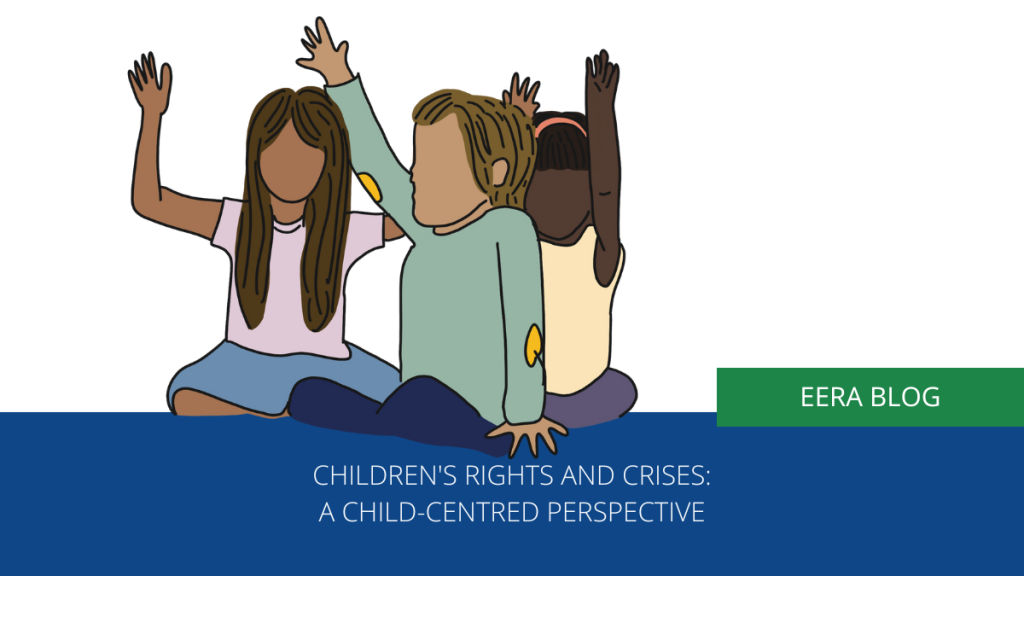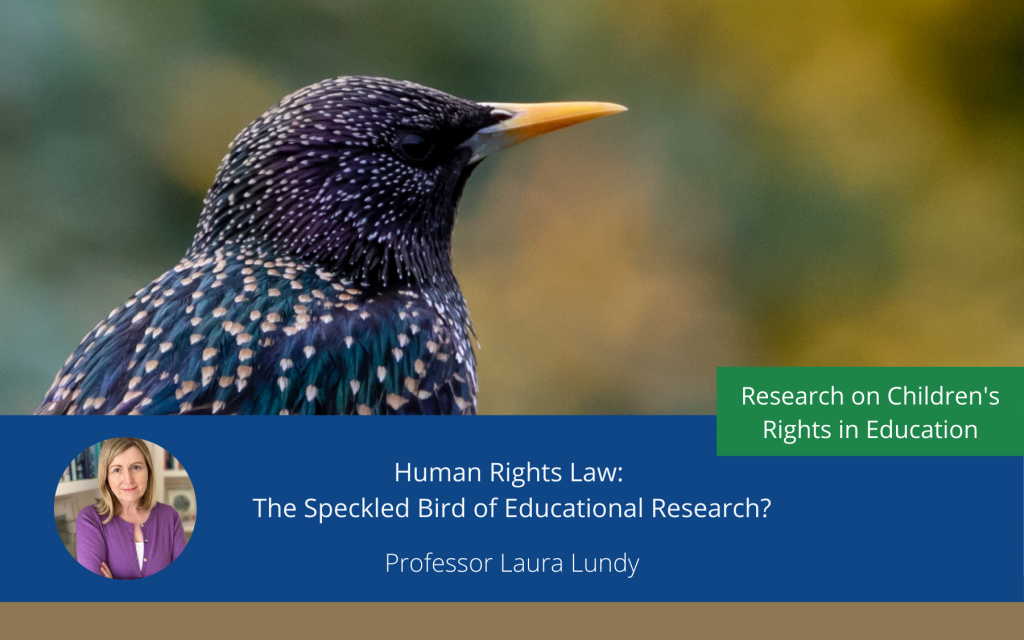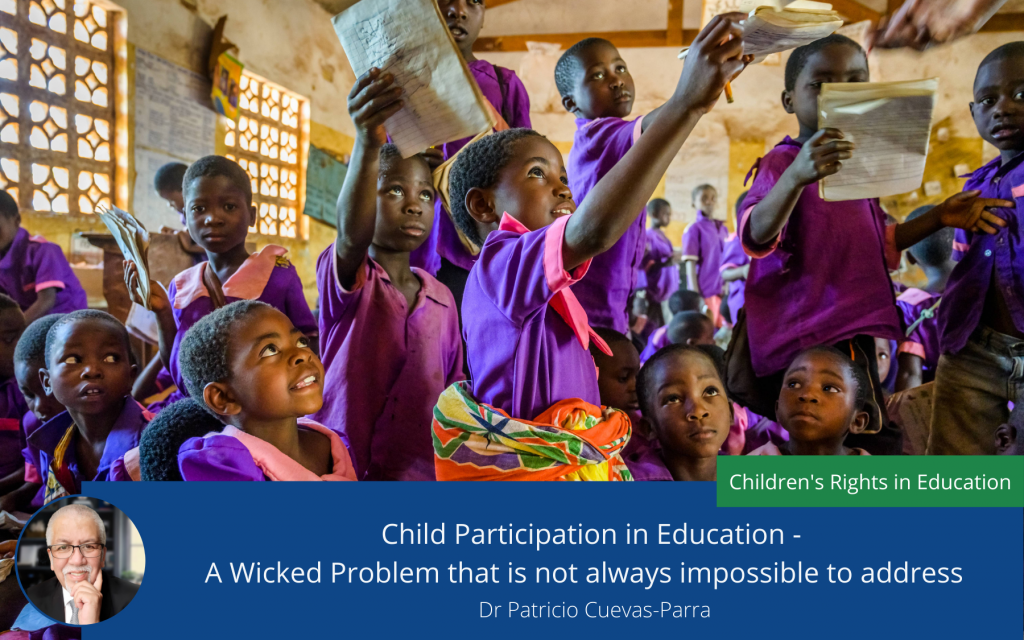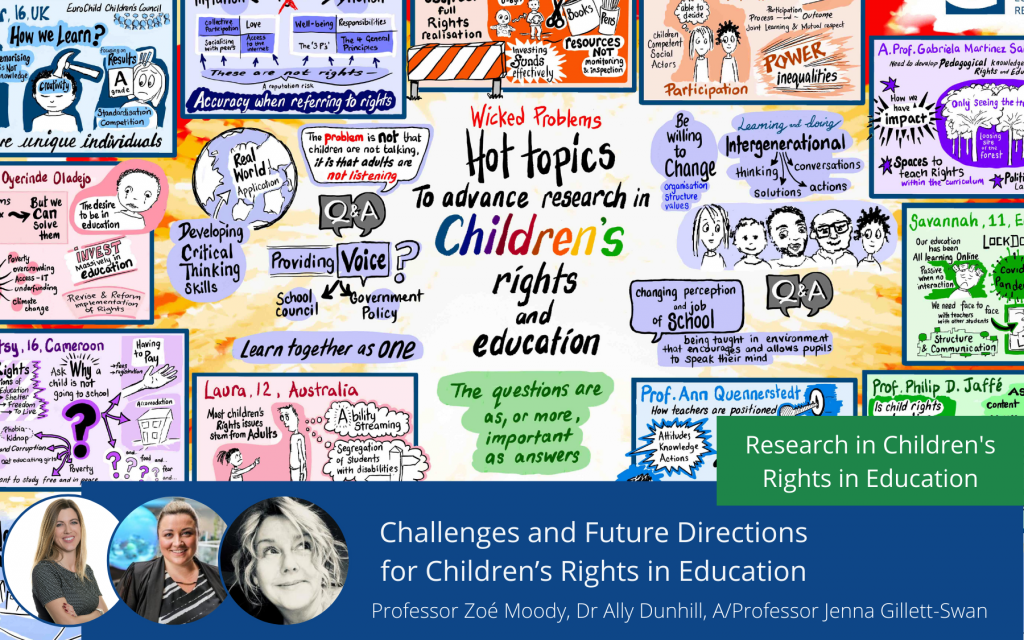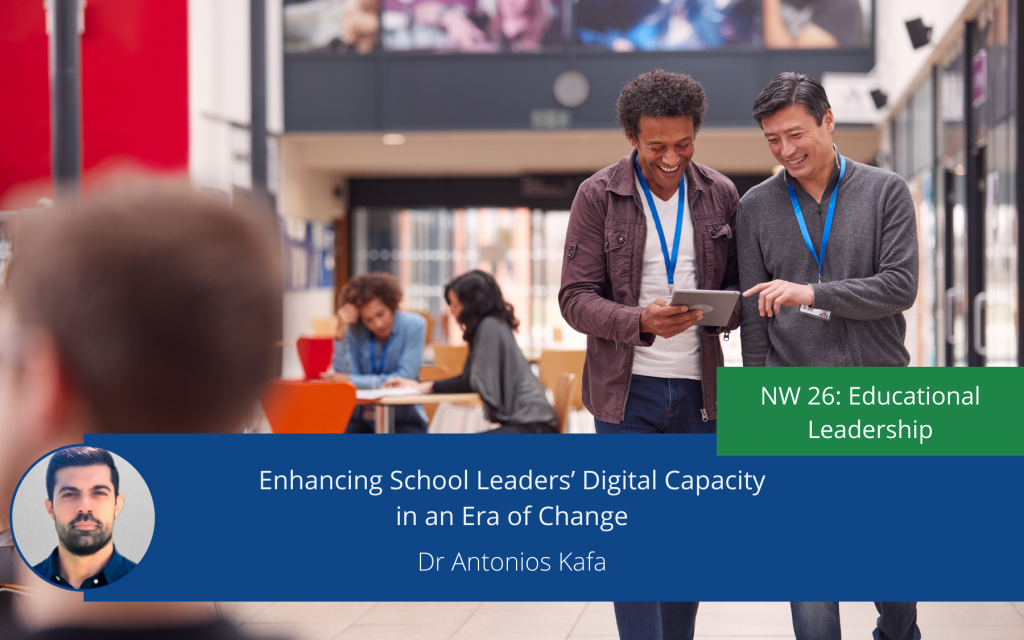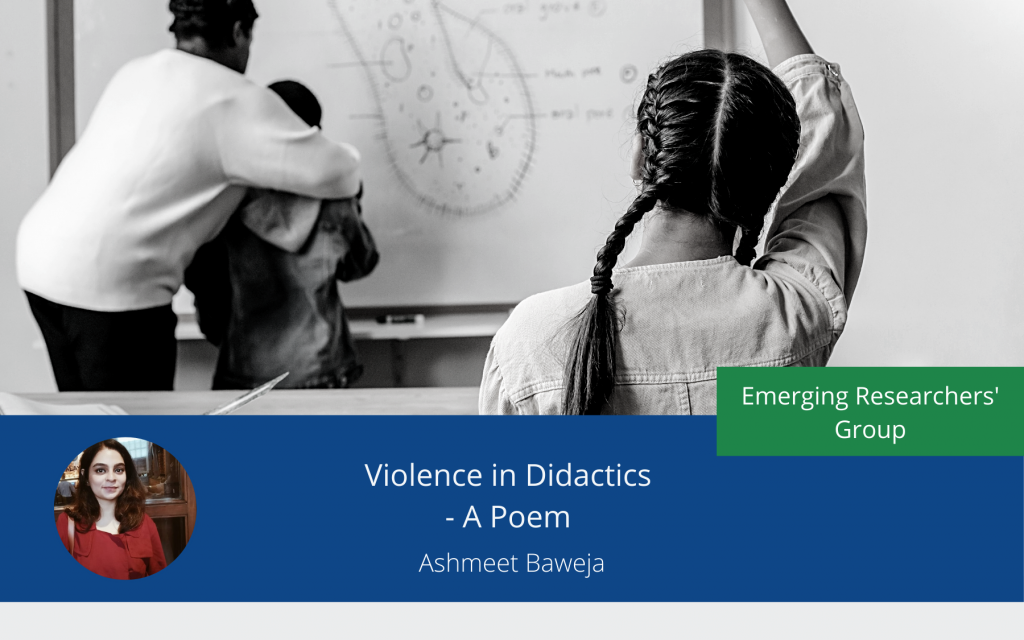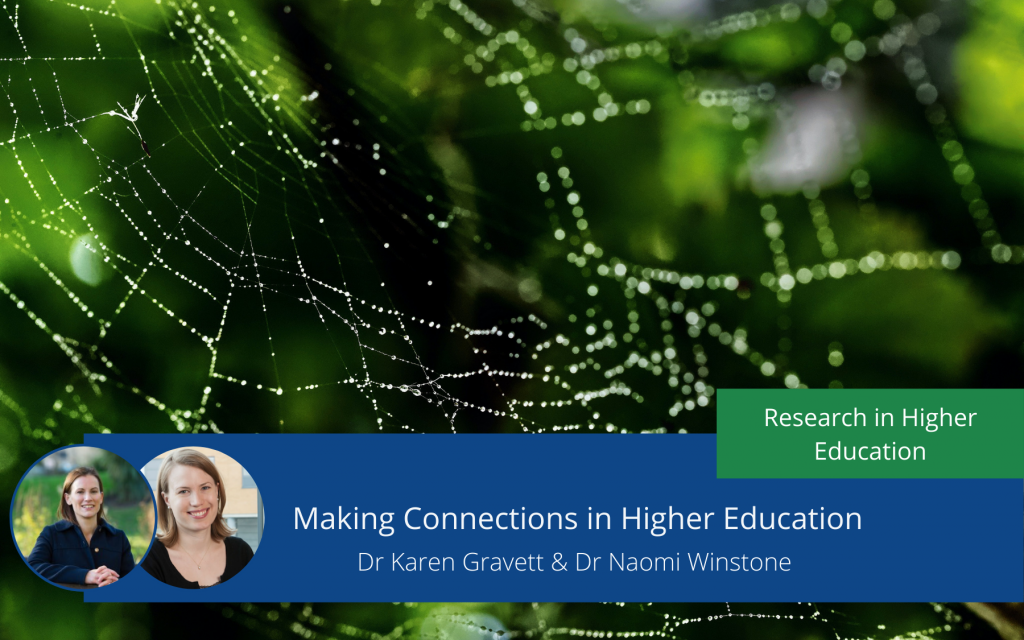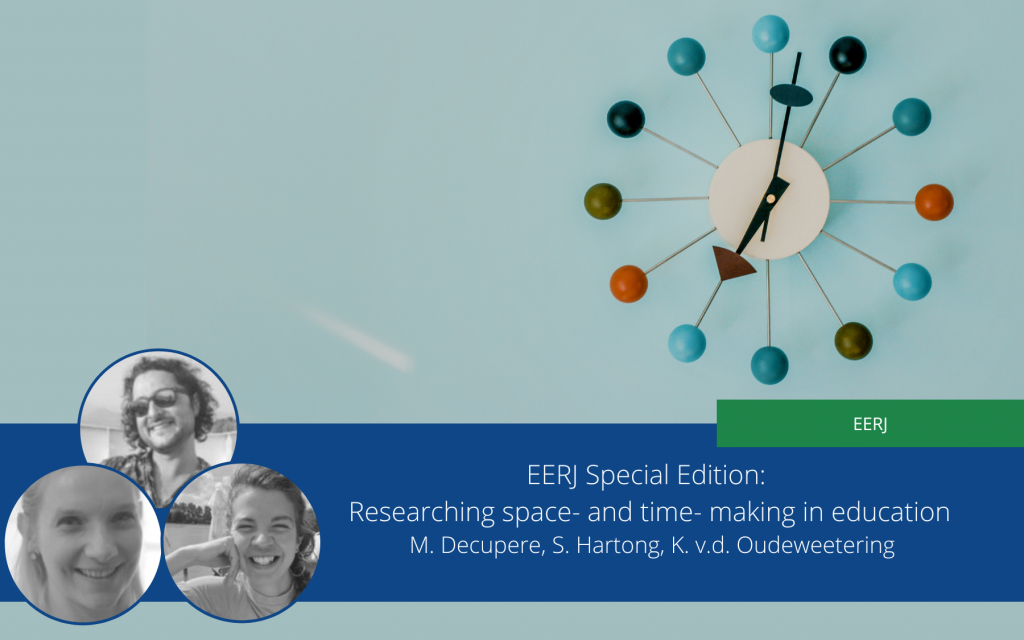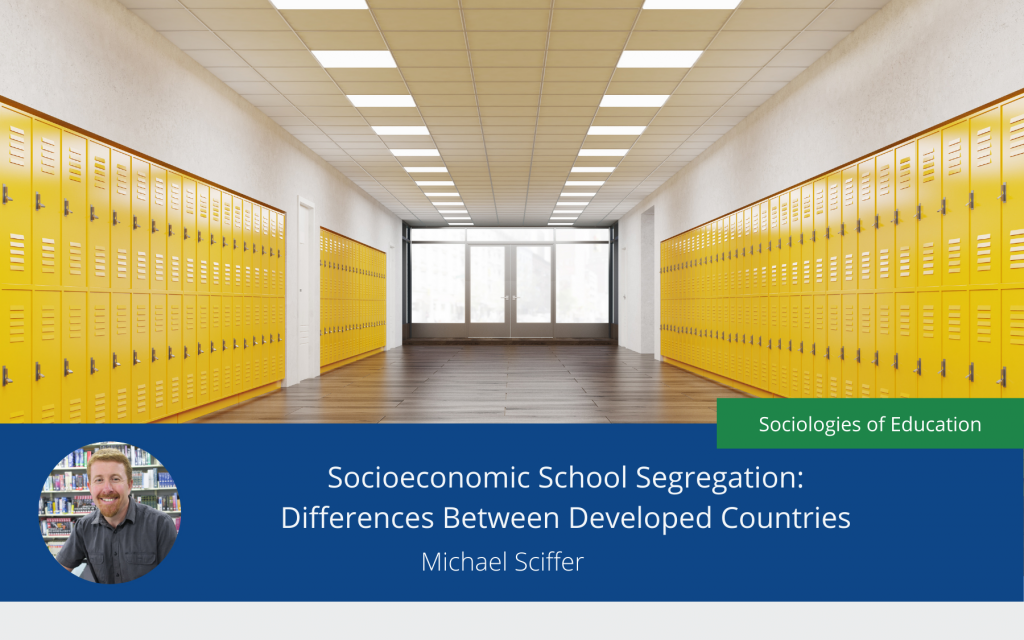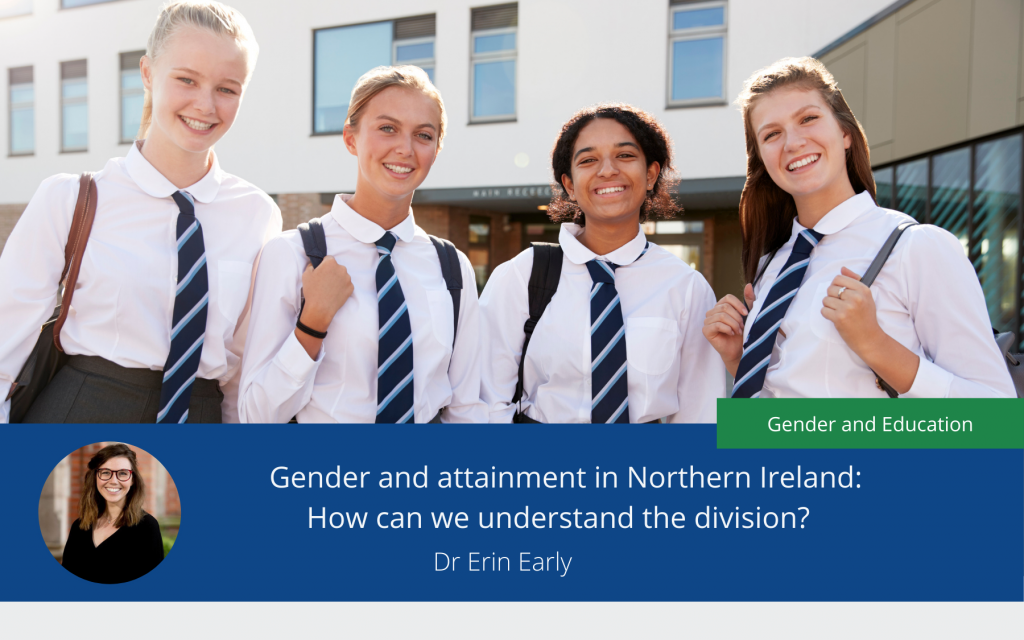EERA Networks
The academic work of EERA and especially the ECER conference is organised in networks. They are either discipline-oriented or focus on certain research themes within educational research. Currently, there are 32 networks linked to the ECER main conference plus the Emerging Researchers’ Group (ERG). The ERG organises the annual Emerging Researchers’ Conference and seeks to facilitate the integration of emerging researchers into one of the EERA networks.
Networks are represented in EERA Council via their elected Networks’ Representative.
Emerging Researcher’s Group
The Emerging Researchers’ Group aims to:
- provide a European research community for Emerging Researchers (including those undertaking a Doctorate)
- provide a forum for dissemination of Early Career Research at the Emerging Researchers´Conference
- offer support and guidance for article production via the ‘Best Paper Award’
- offer support for researchers from low GDP countries to engage with ECER.
Its main strength lies in the support it offers to ‘new’ researchers in providing a space for discussion and collaboration with peers across Europe. In addition, it creates a new space in EERA which allows emerging researchers to be supported so that a strong, independent ‘Emerging Researchers’ forum will add to EERA’s internal democratic accountability.
NW 1 Professional Learning and Development
Network 1 was established to contribute to the field of Continuing Professional Development (CPD) and to provide an opportunity for scholarly discussion and a forum for the dissemination of research. Research usually involves (but is not limited to) the learning and development of professionals and others working in education.
NW 3 Curriculum Innovation
Network 3 takes a curricular perspective in research on educational change. More specifically, it focuses on the challenges that policy makers, schools, teachers and other stakeholders experience when taking initiatives to alter (parts of) the curriculum.
NW 4 Inclusive Education
The Inclusive Education Network welcomes papers which contribute to a European perspective on inclusive education and students’ rights. Proposals for paper sessions, symposia and posters (including ‘moving poster sessions’, where the audience can participate in a discussion about a series of posters) are encouraged. These may be empirical, methodological or conceptual: we particularly invite papers that theorise inclusion and utilise social models of disability.
NW 6 Open Learning: Media, Environments and Cultures
The aim is to host researchers who see the need for a pedagogical fundament for theoretical and empirical research in the area of media education, open learning and cultural contexts for learning with media.
The increasing availability of information communication technologies and their integration with other media (text based, video, TV etc) seem to bring new challenges in the design and implementation of learning and teaching curricula in which ‘open learning’ becomes a growing norm. Such challenges are often addressed in terms of their technological, pedagogical, didactical and sociological significance in educational contexts.
NW 7 Social Justice and Intercultural Education
The overall objective of Network 7 is to establish an inter-disciplinary network which includes and challenges researchers from all parts of Europe in order to share and gain knowledge about social justice in education in relation to social class, ethnicity, gender, sexuality, religion, language and culture, and about all types of intercultural education informed by assymetric power relations.
NW 9 Assessment, Evaluation, Testing and Measurement
The network aims to promote information exchange and active collaboration among European researchers in the field of assessment and evaluation in all levels and all sectors of education and training, to further develop assessment techniques and approaches, and to encourage the intelligent interpretation of assessment results.
In doing so, the network wants to cover not only research on the development and utilization of assessments and evaluations, and the secondary analyses of data of (international) assessment studies, but explicitly also research aimed at fundamental issues and theoretical developments in assessment, evaluation, testing and measurement.
NW 10 Teacher Education Research
Teacher education is an important field for research, since the quality of teacher education has been regularly questioned by European governments, whilst teacher quality is increasingly seen as crucial to improving educational outcomes and pupil achievement.
NW 13 Philosophy of Education
NW 17 Histories of Education
NW 18 Research in Sport Pedagogy
NW 22 Research in Higher Education
NW 23 Policy Studies and Politics of Education
NW 24 Mathematics Education Research
NW 25 Research on Children’s Rights in Education
NW 26 Educational Leadership
NW 27 Didactics – Learning and Teaching
NW 28 Sociologies of Education
NW 30 Environmental and Sustainability Education Research
NW 33 Gender and Education

